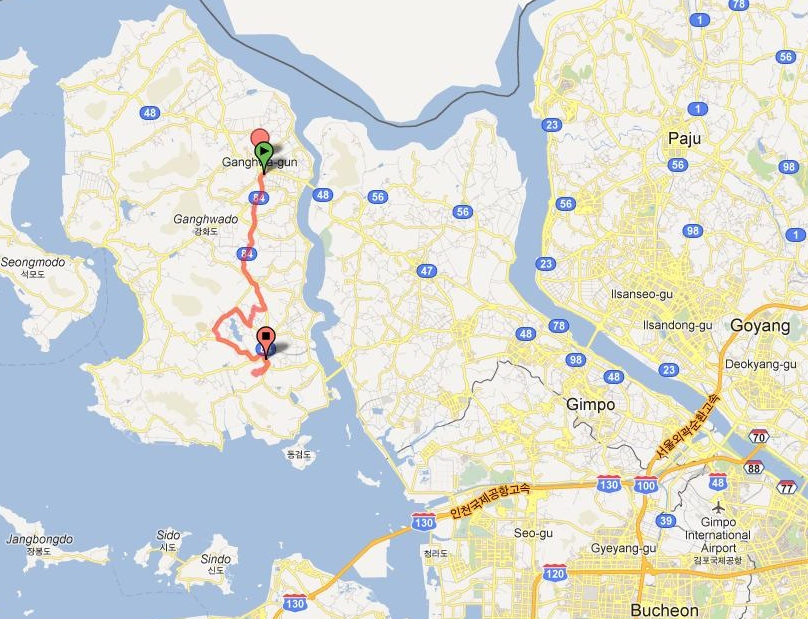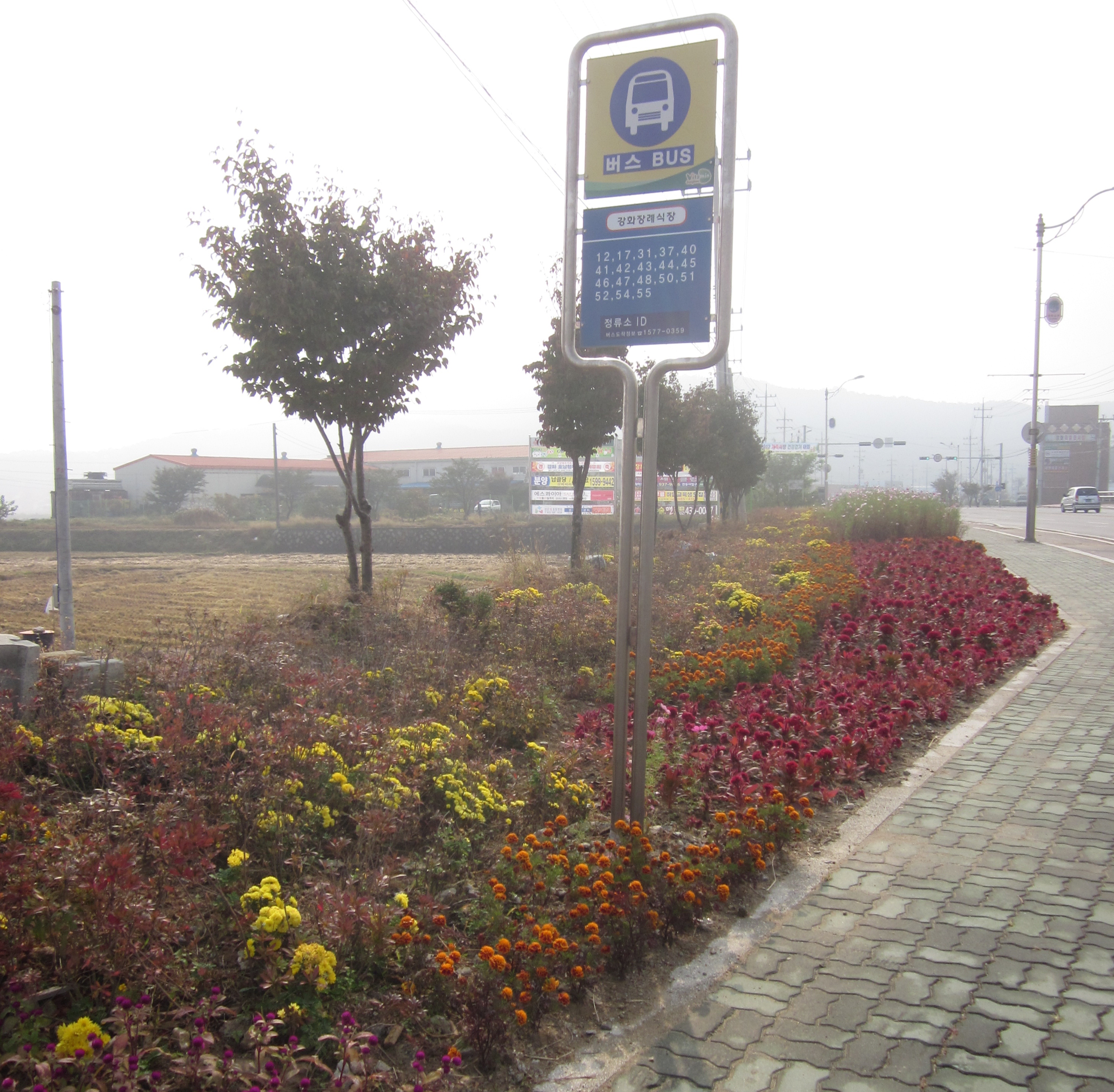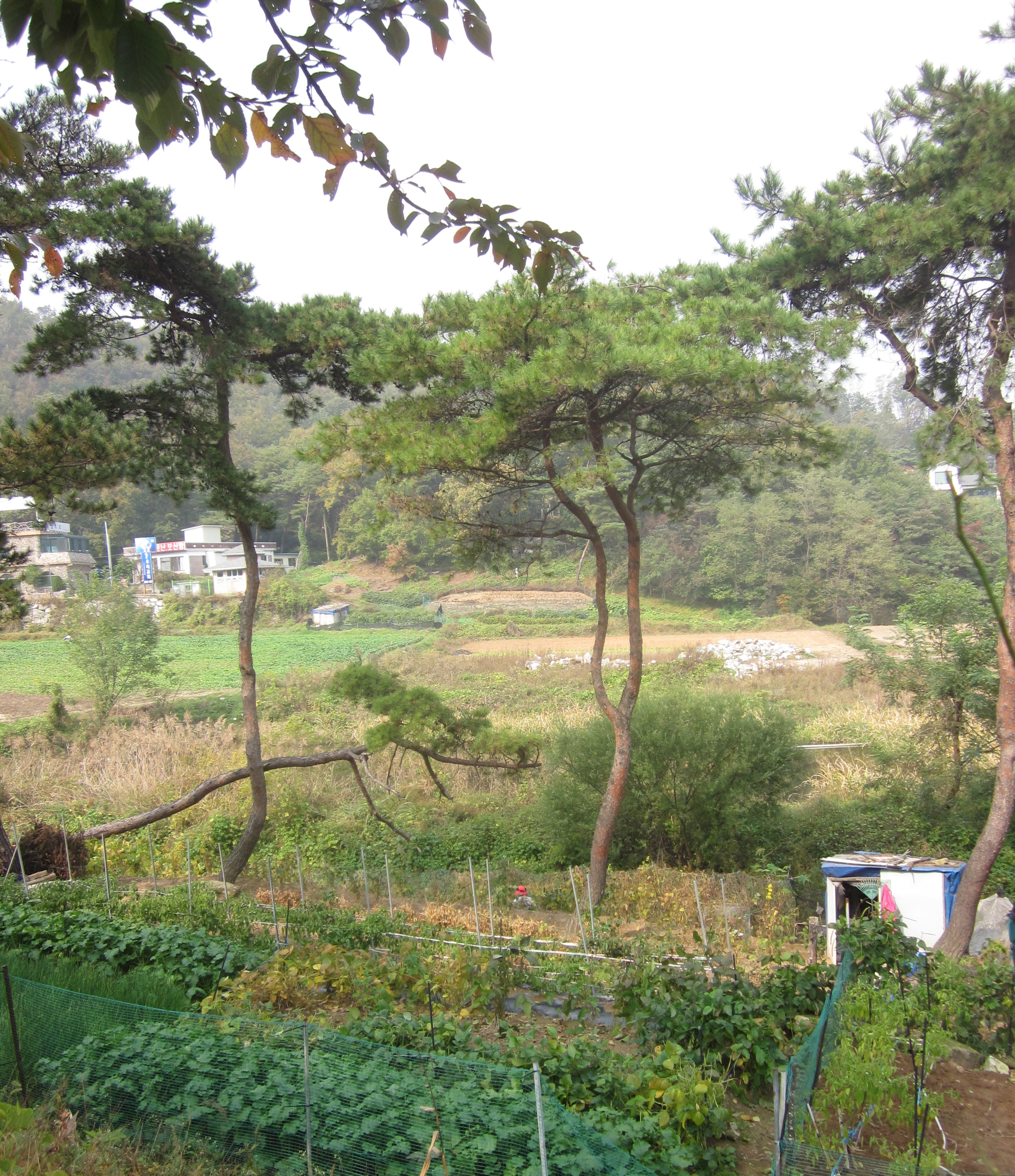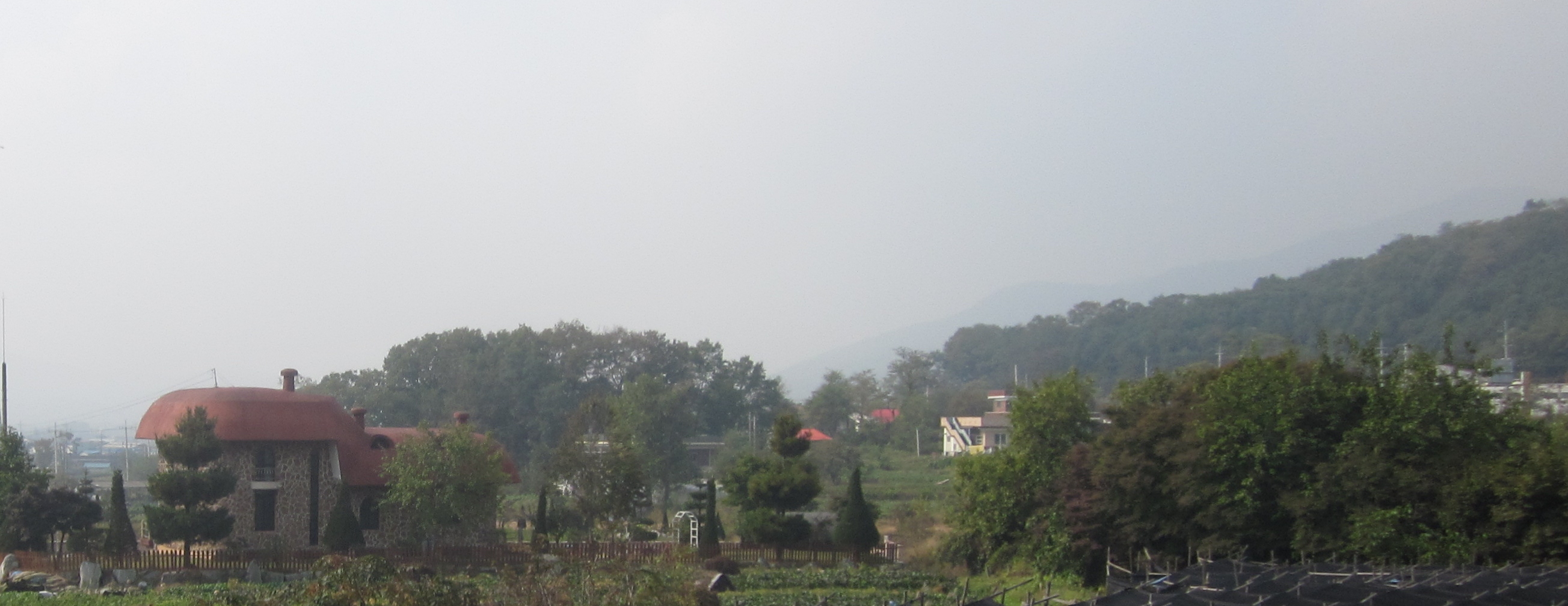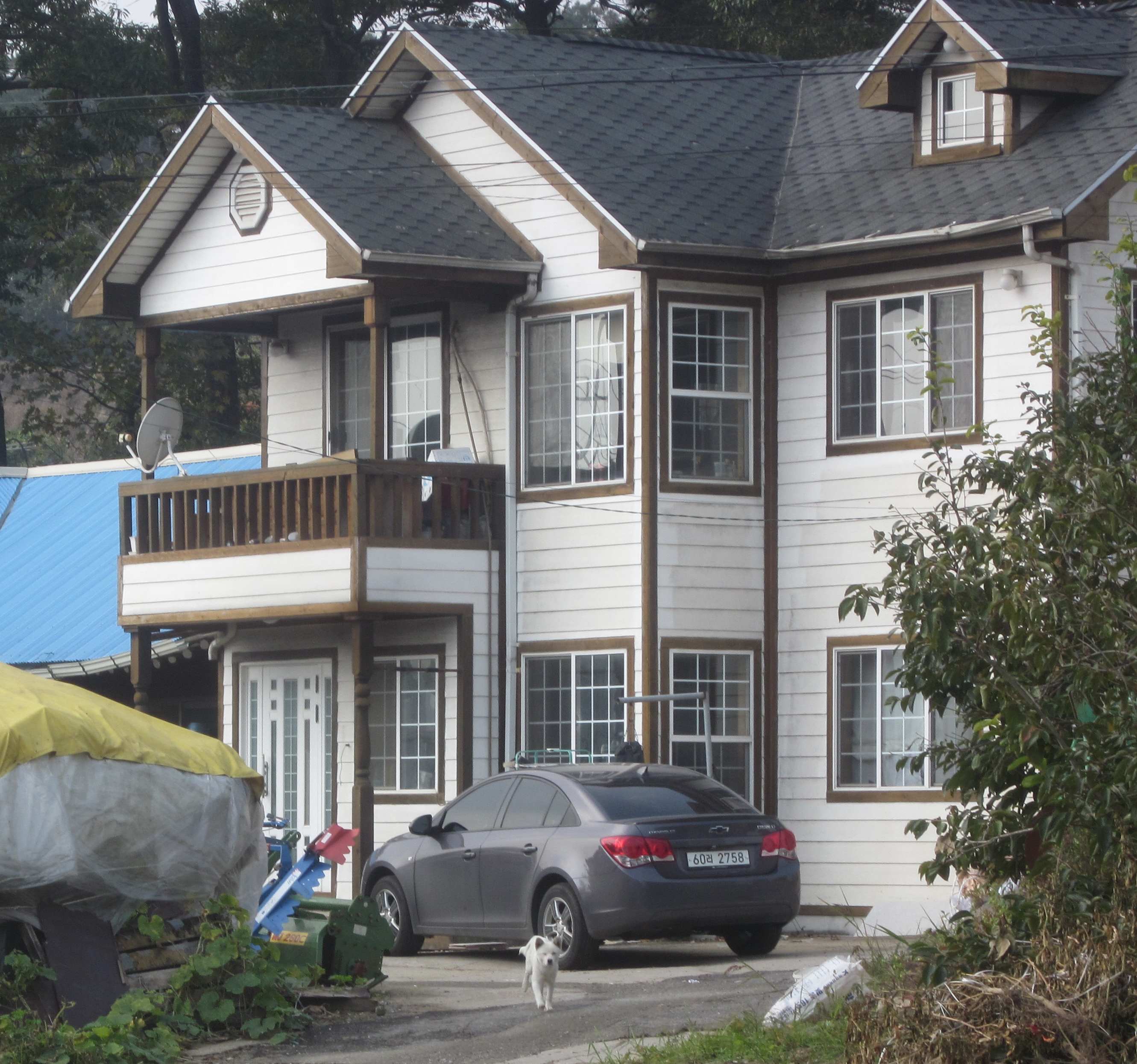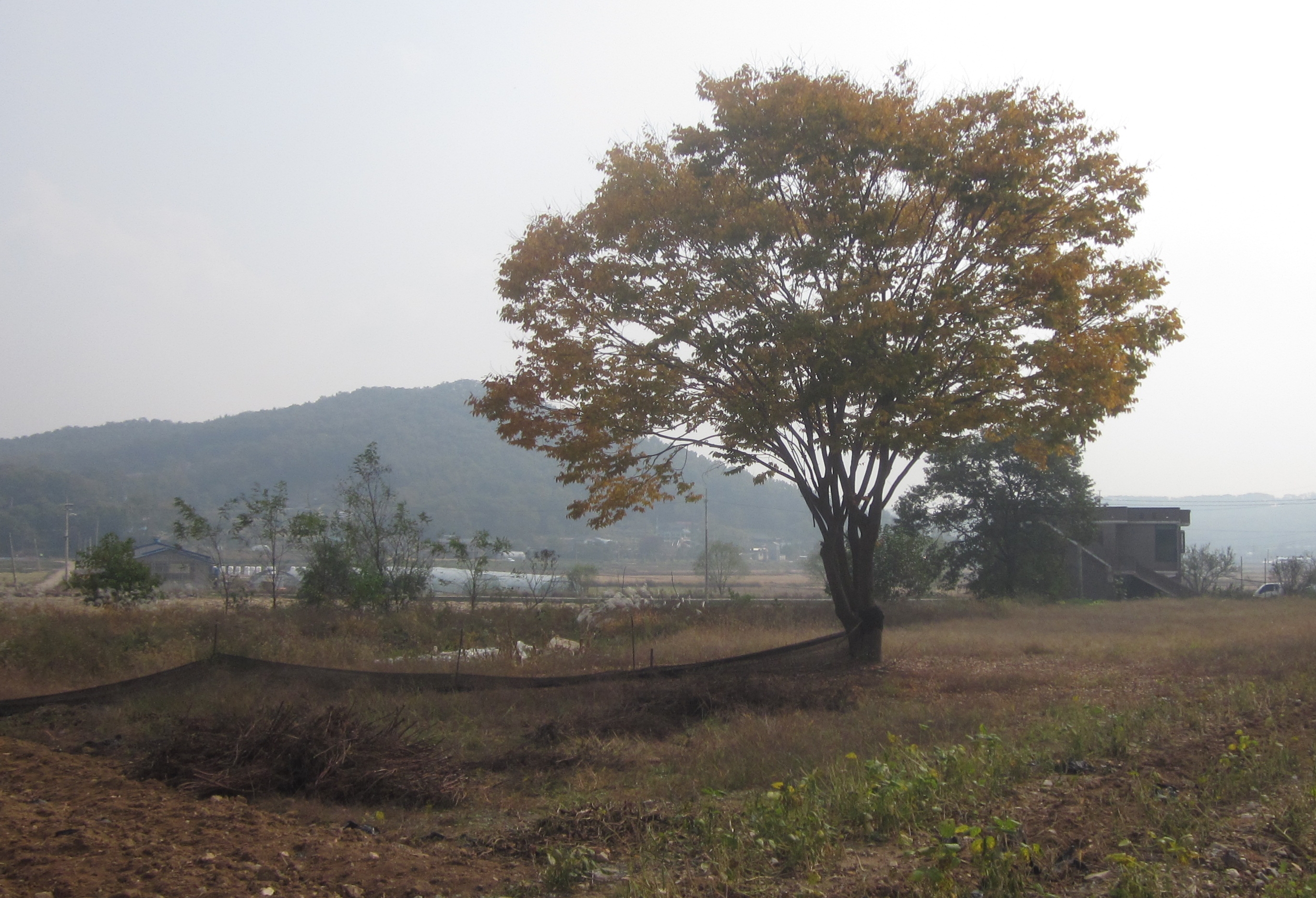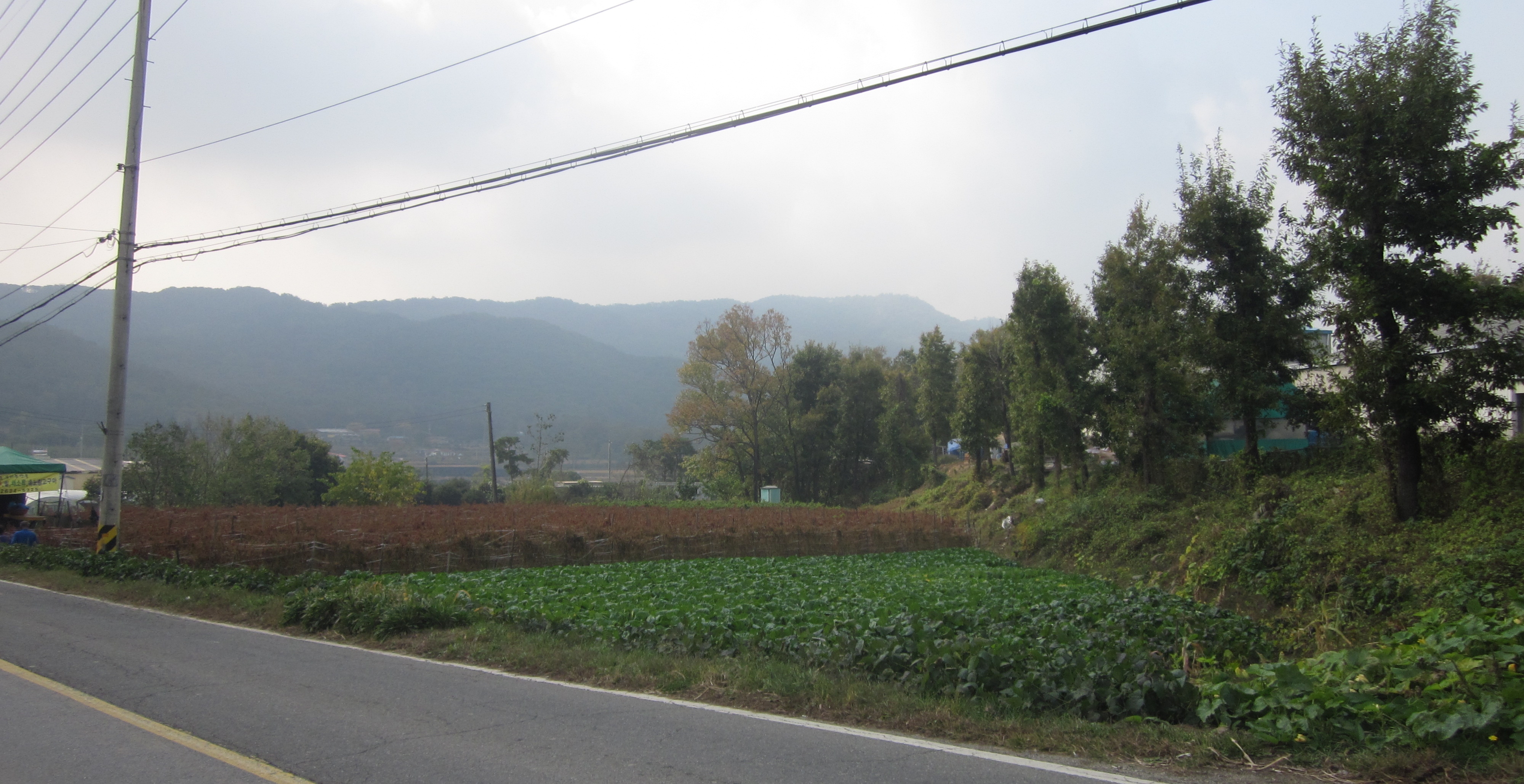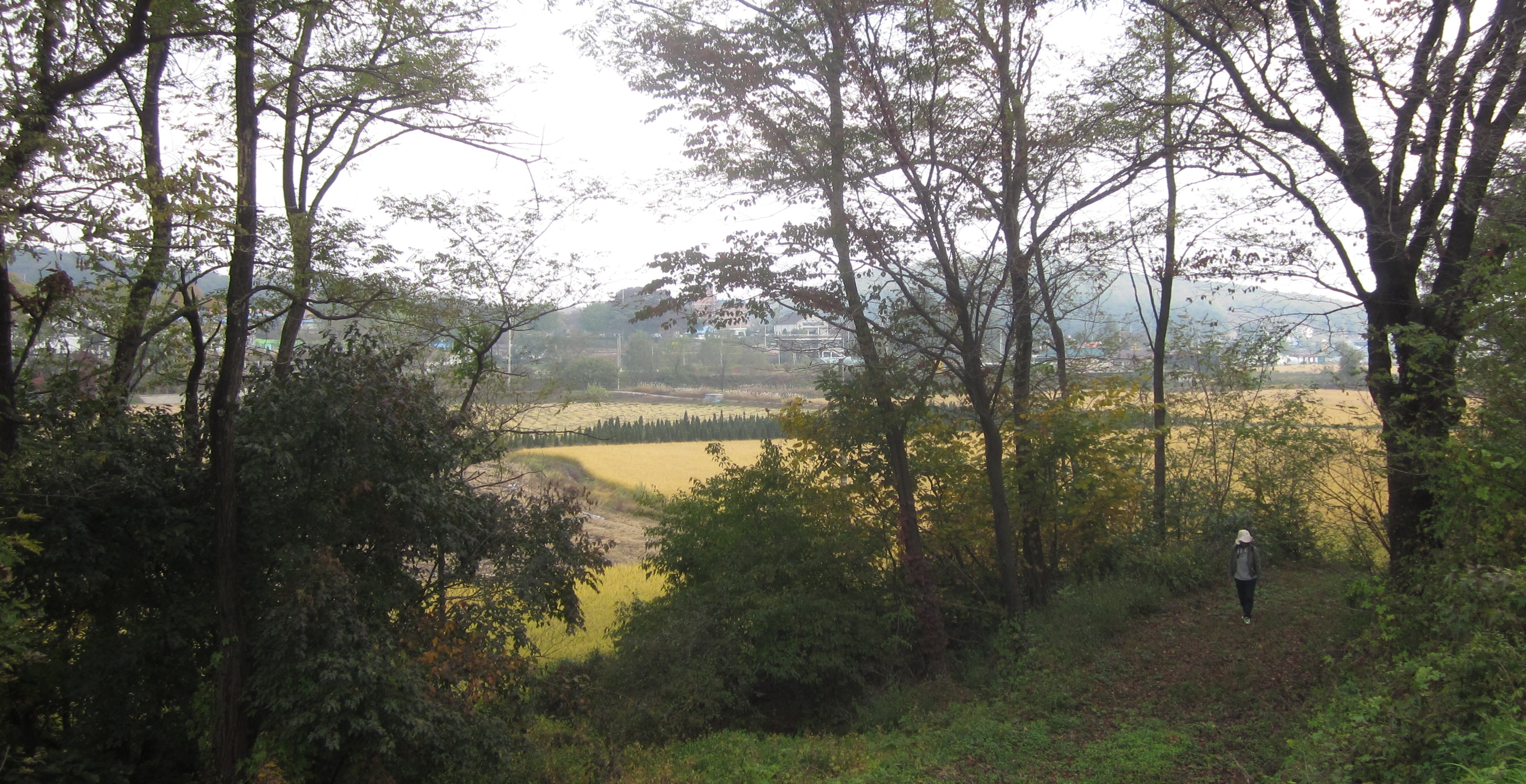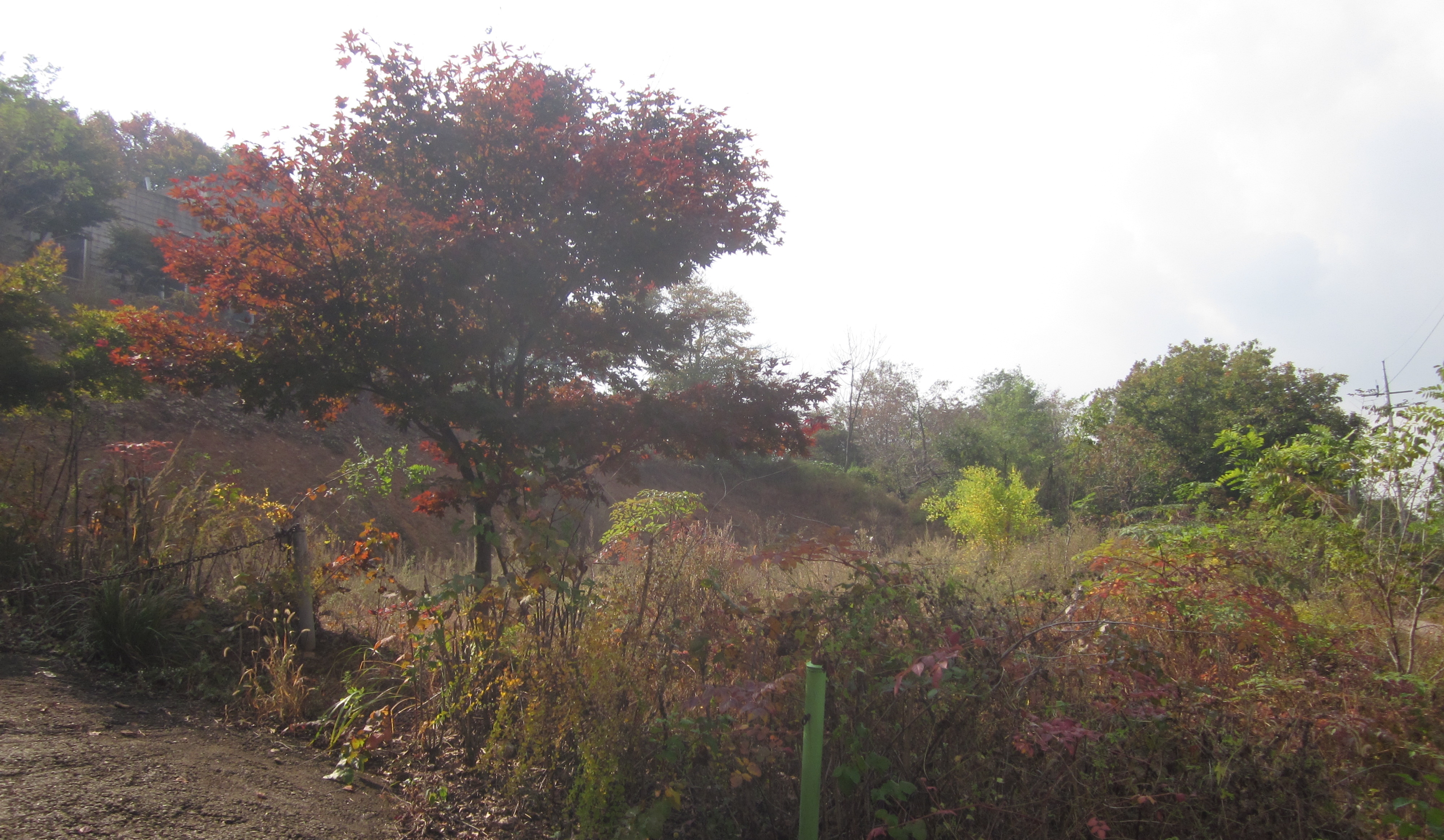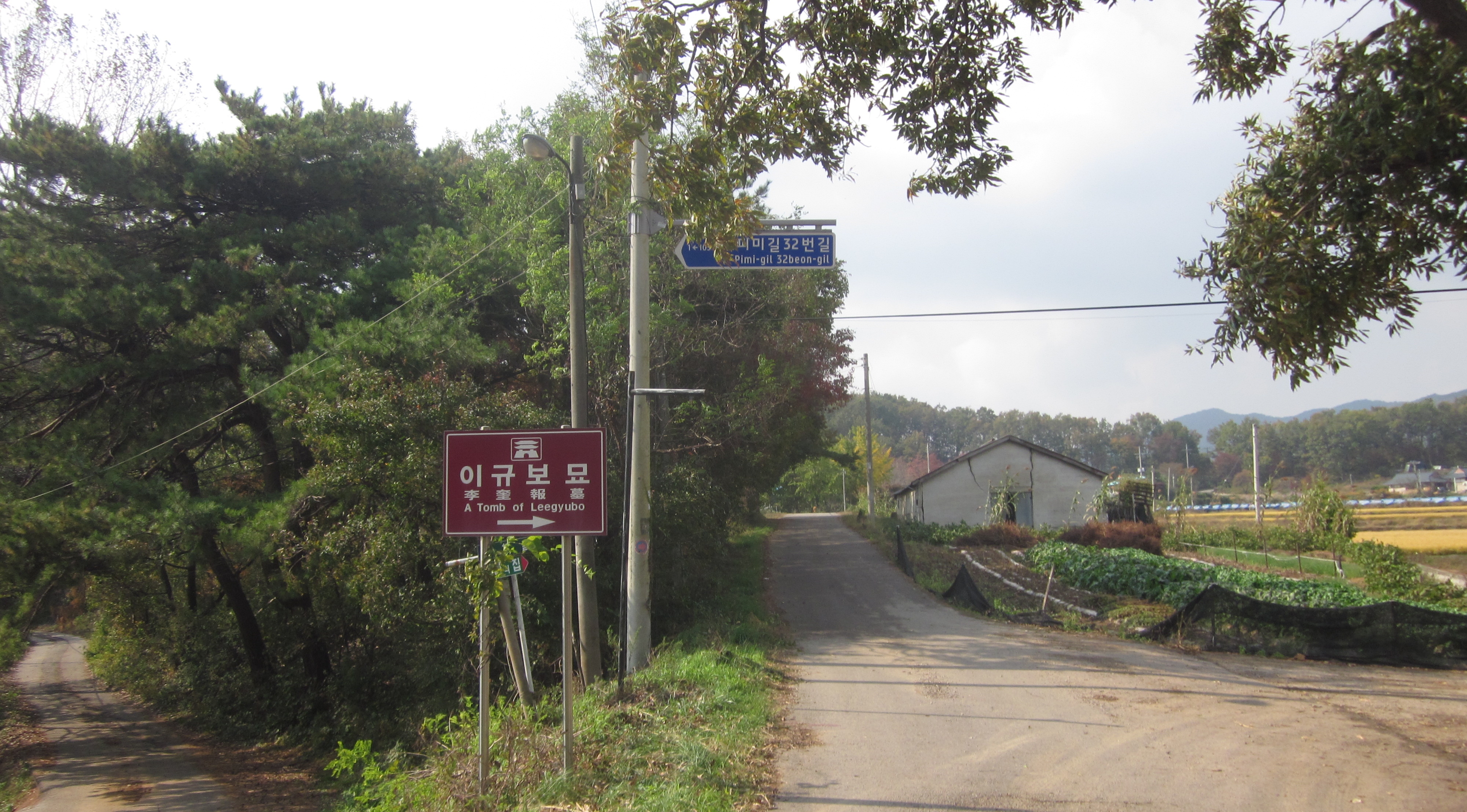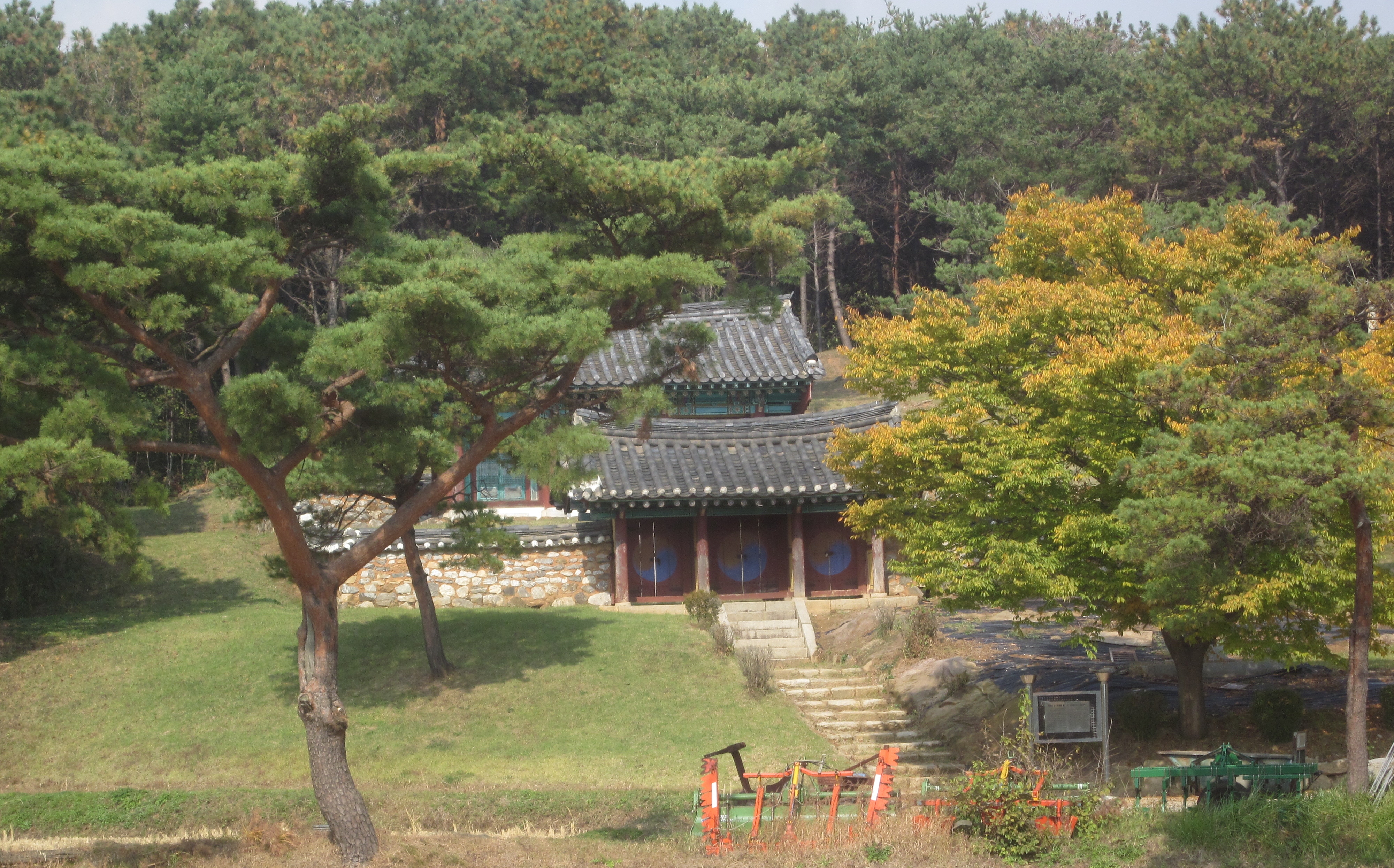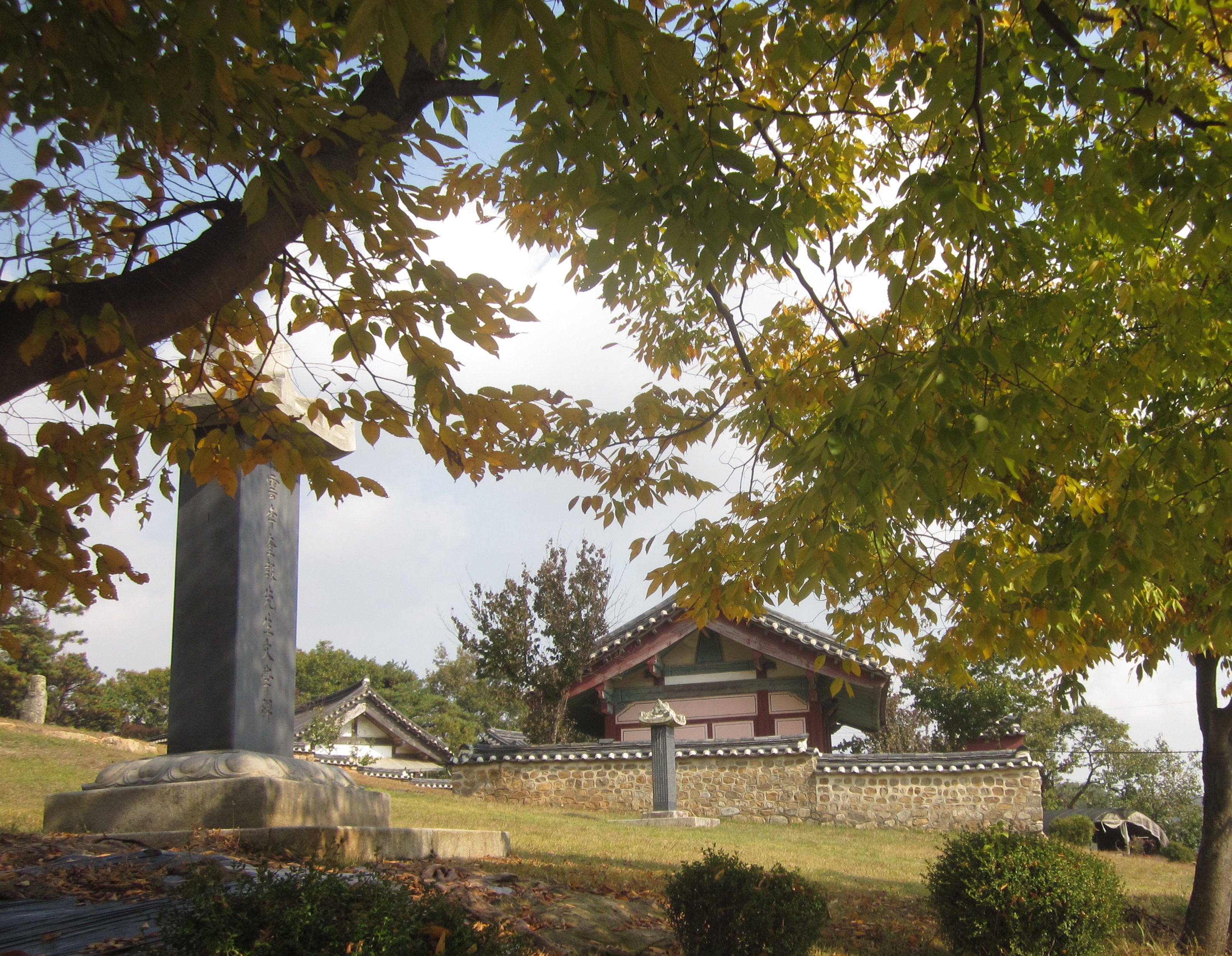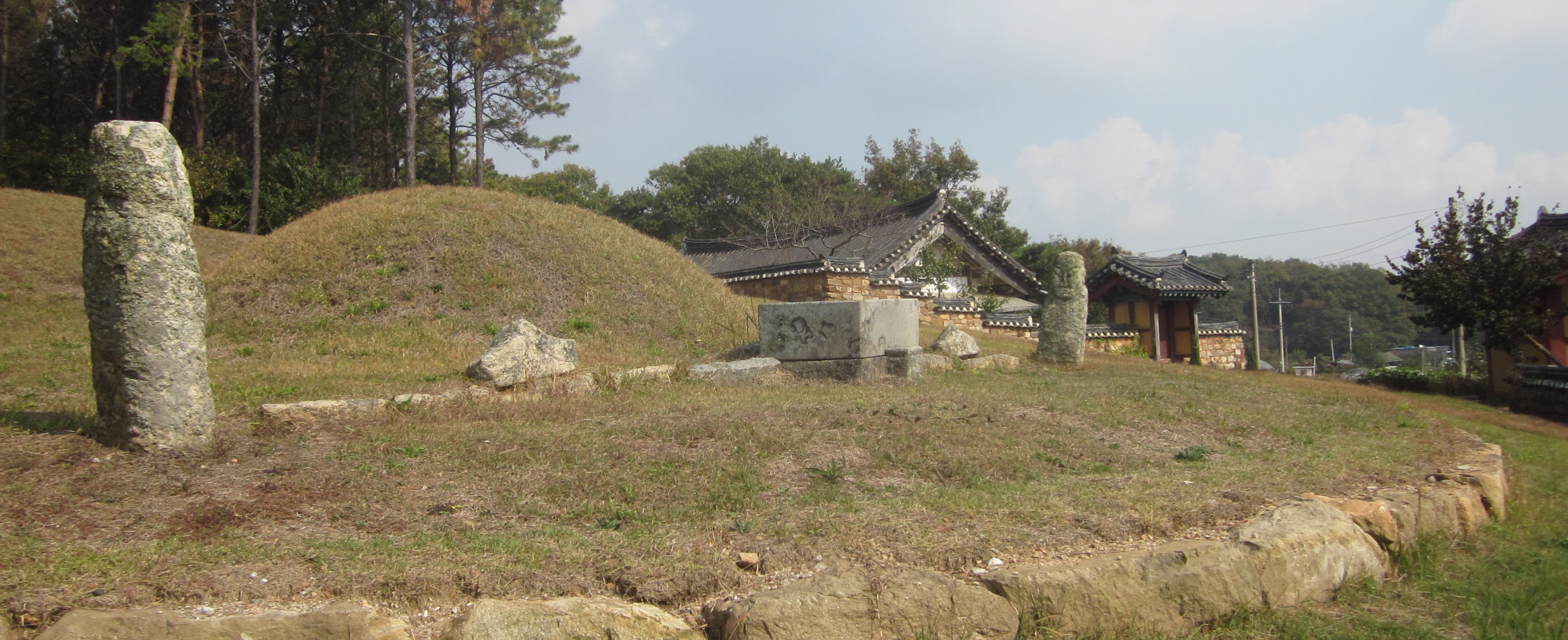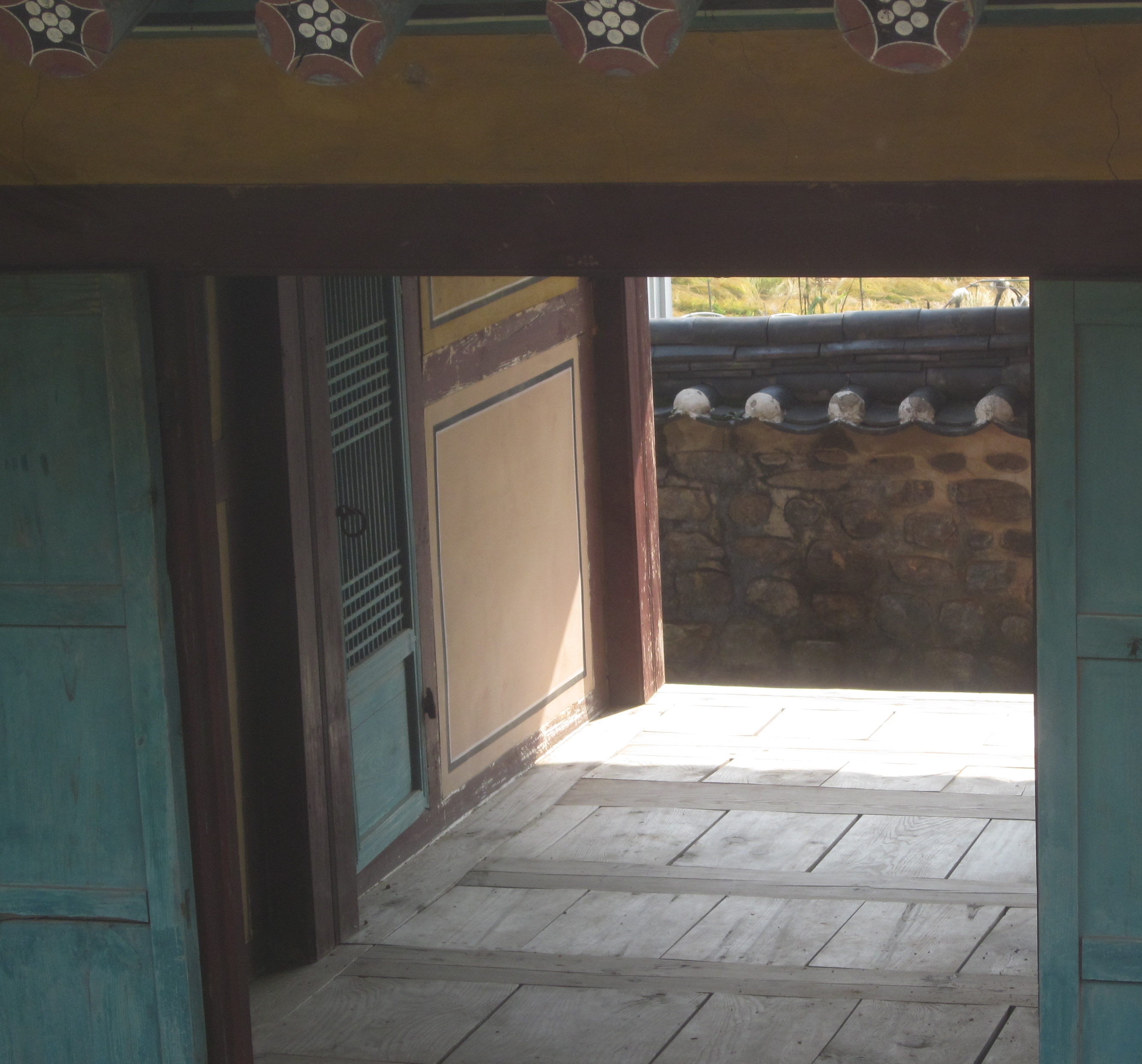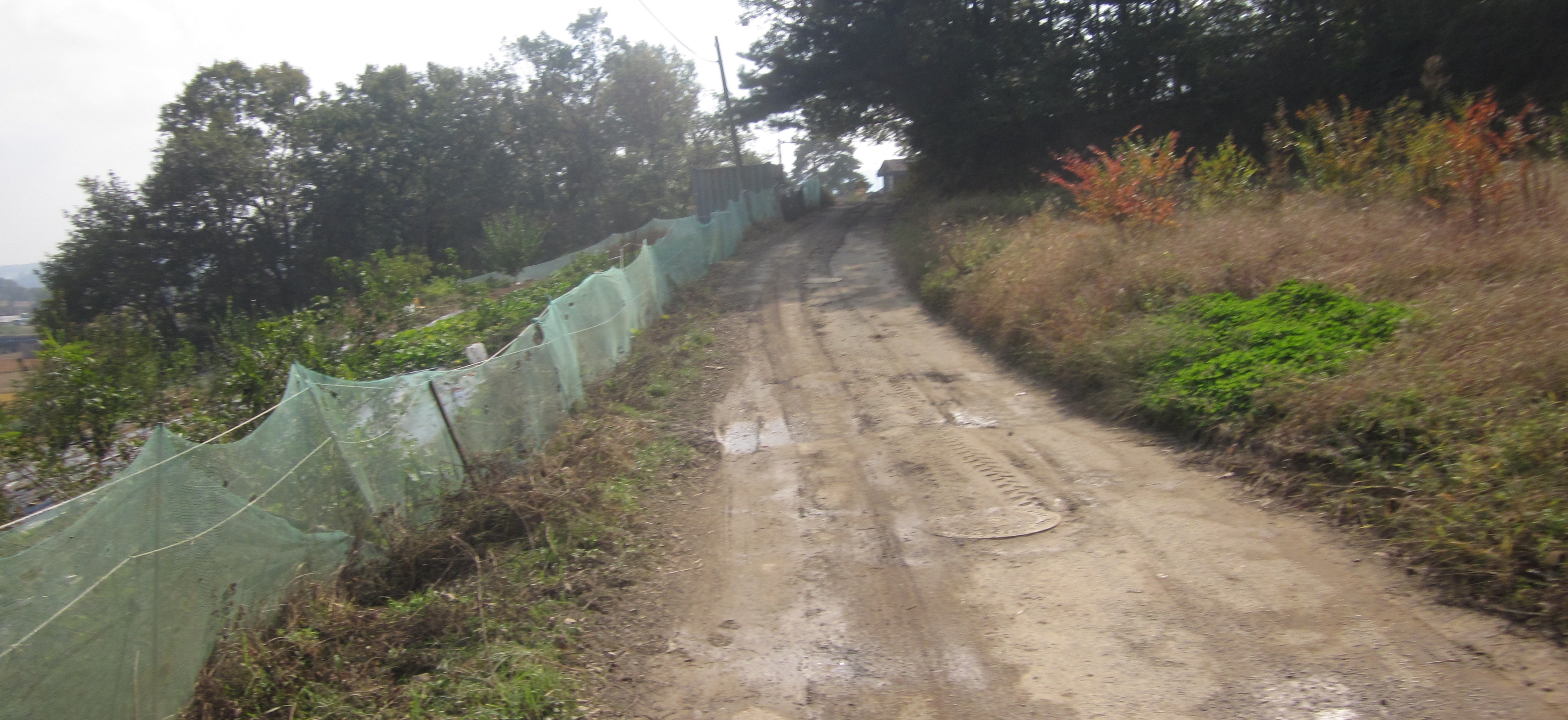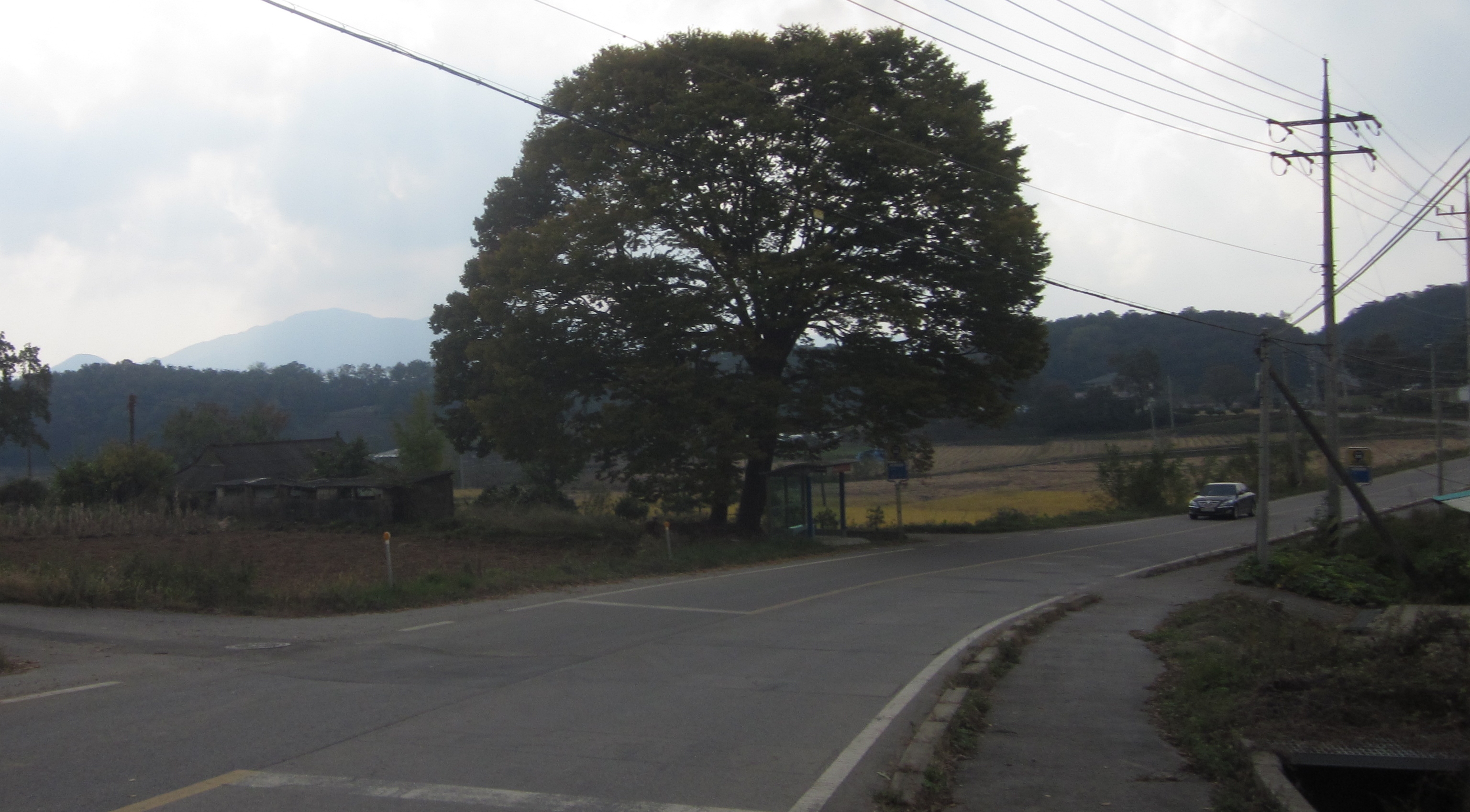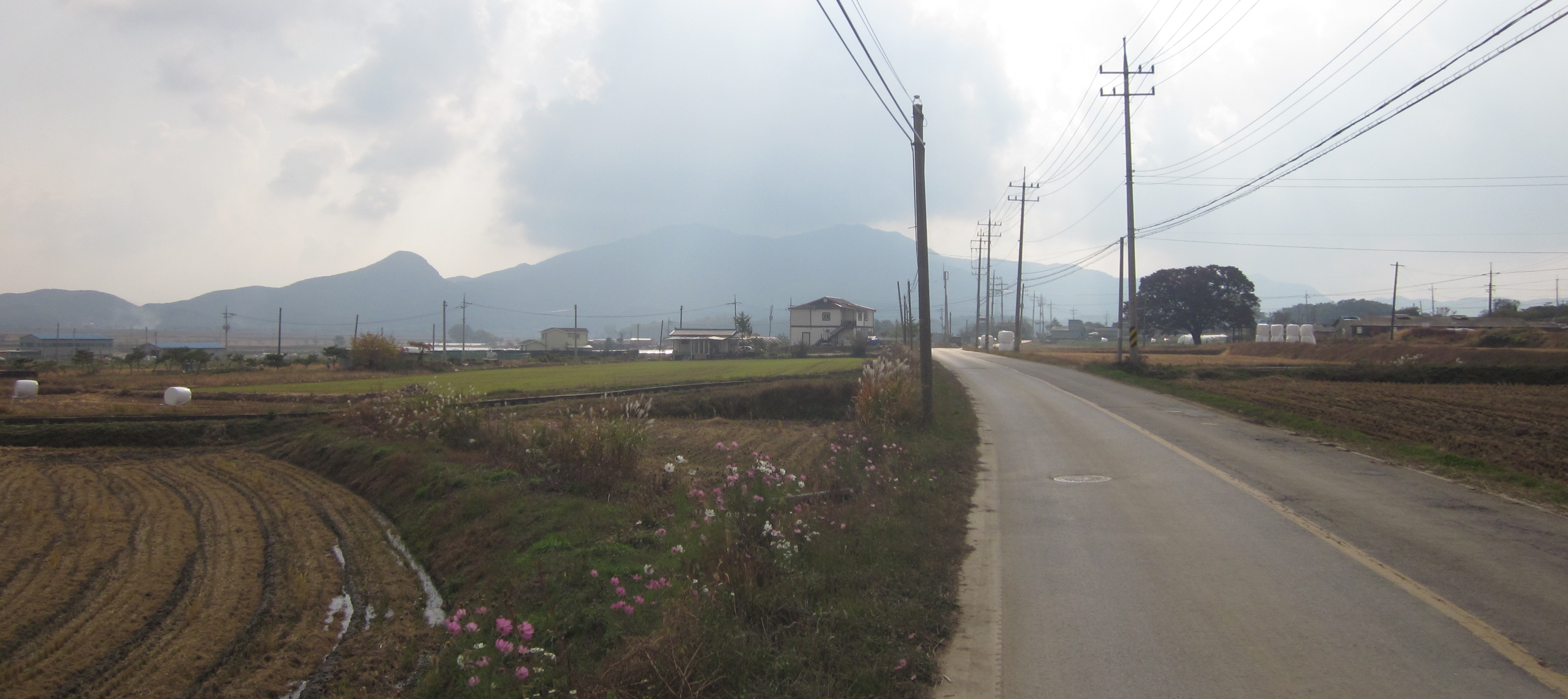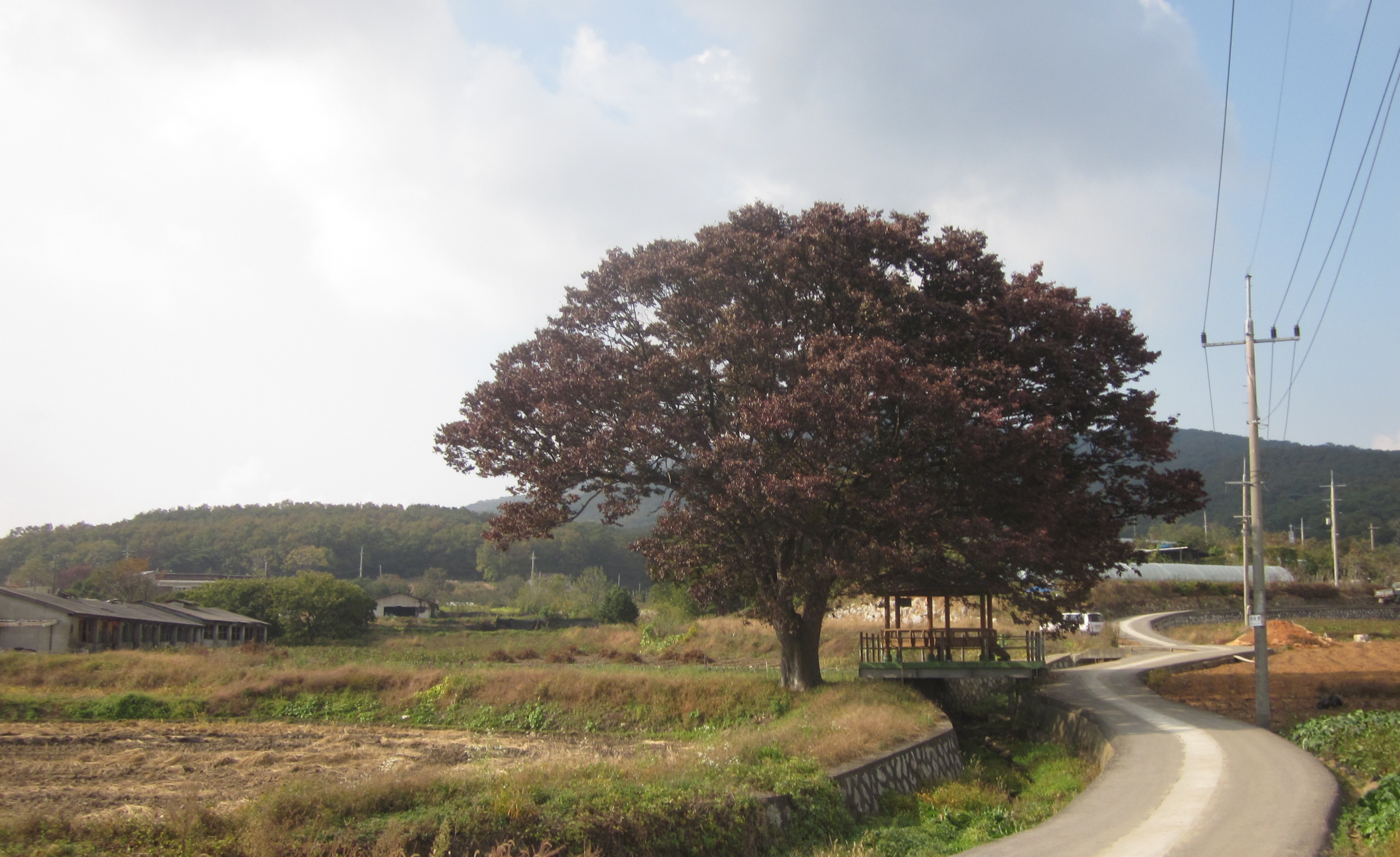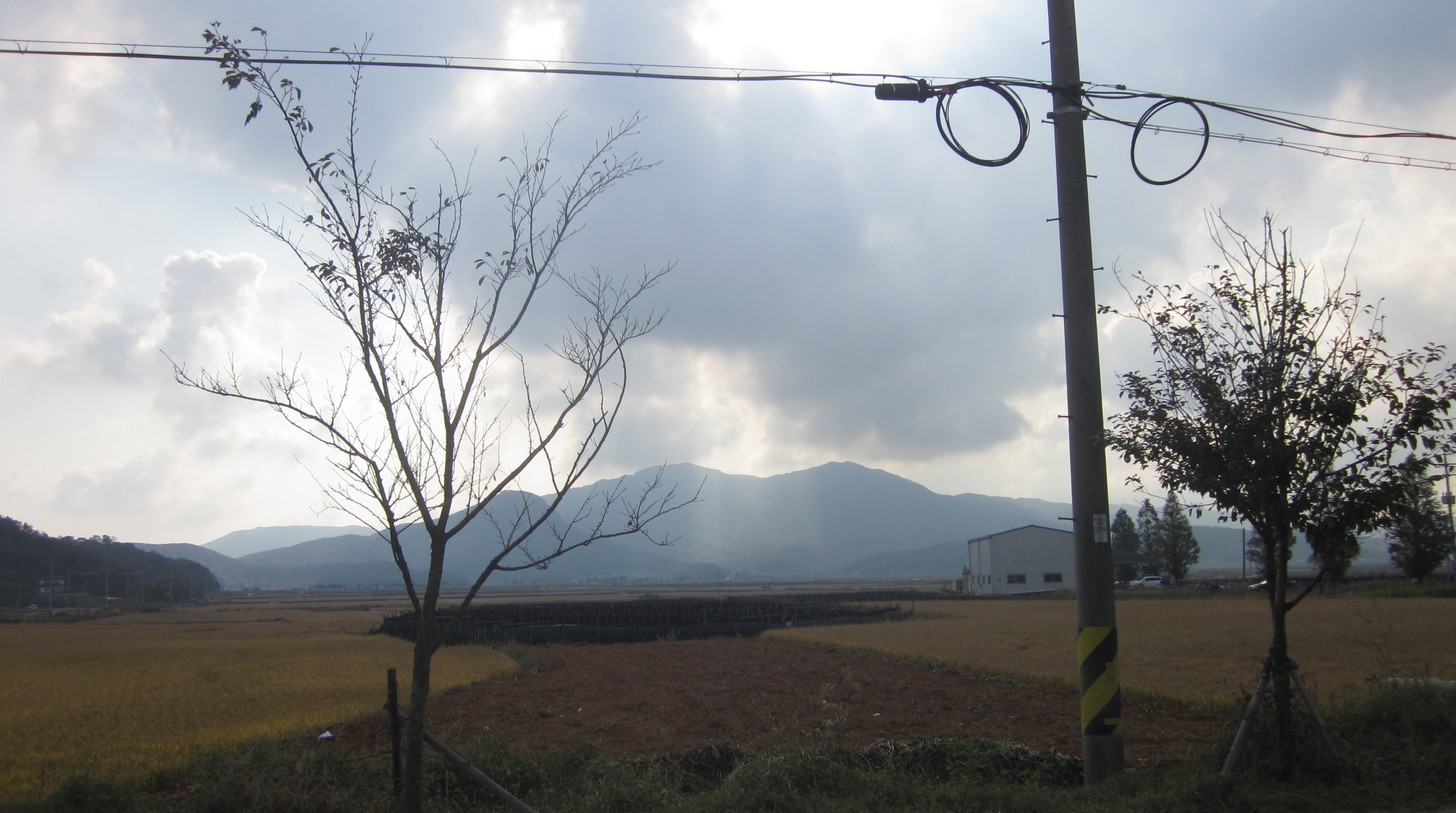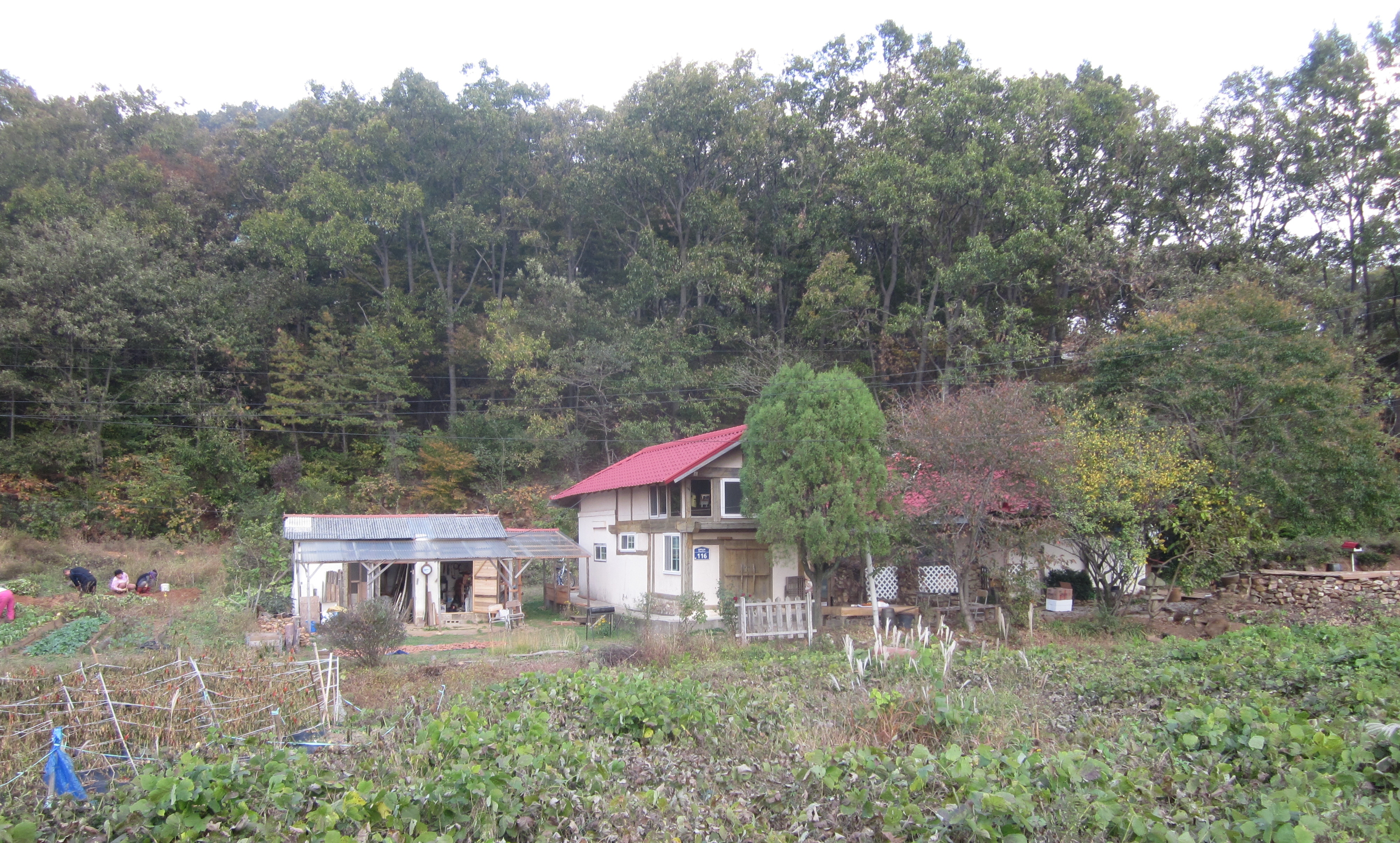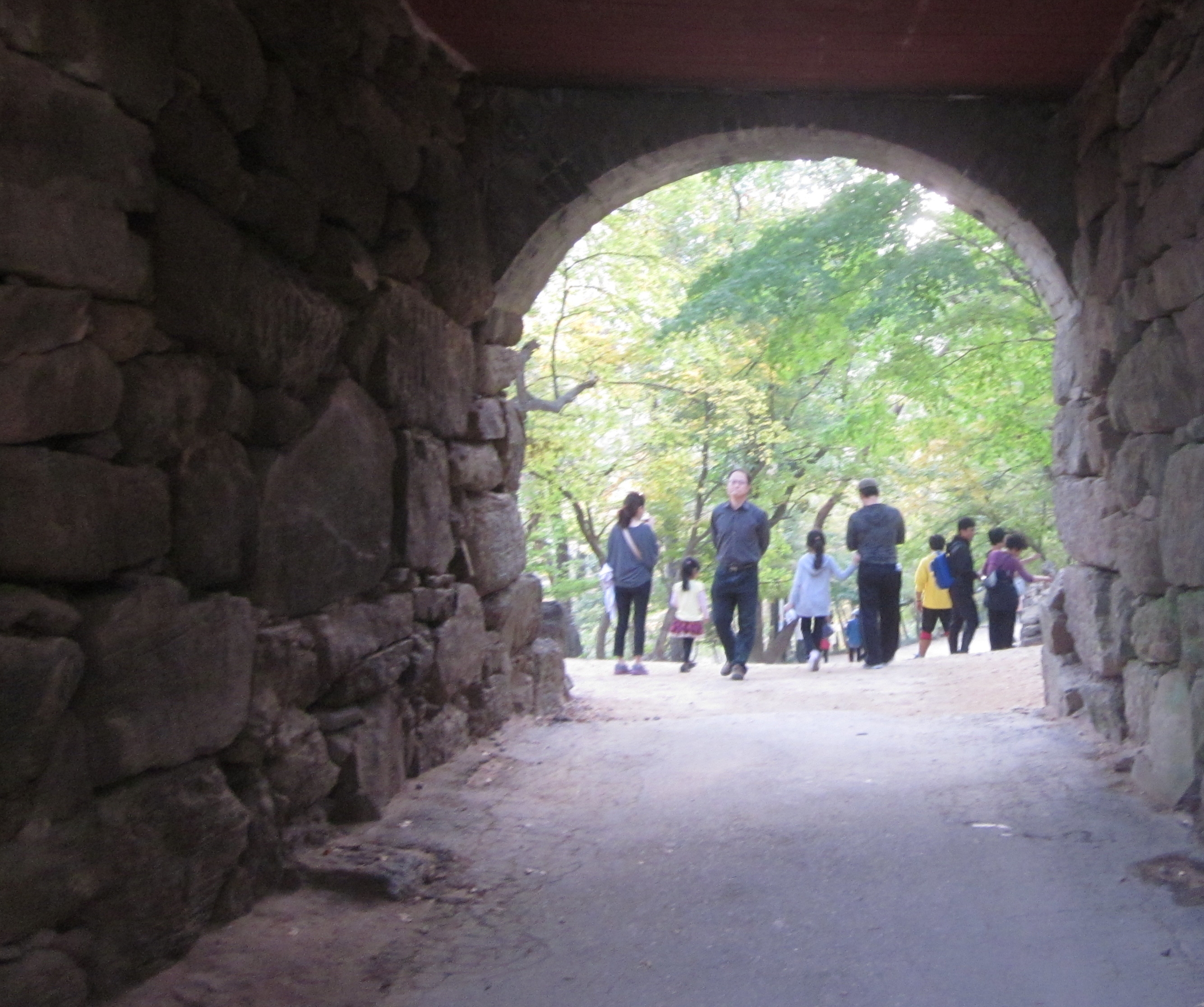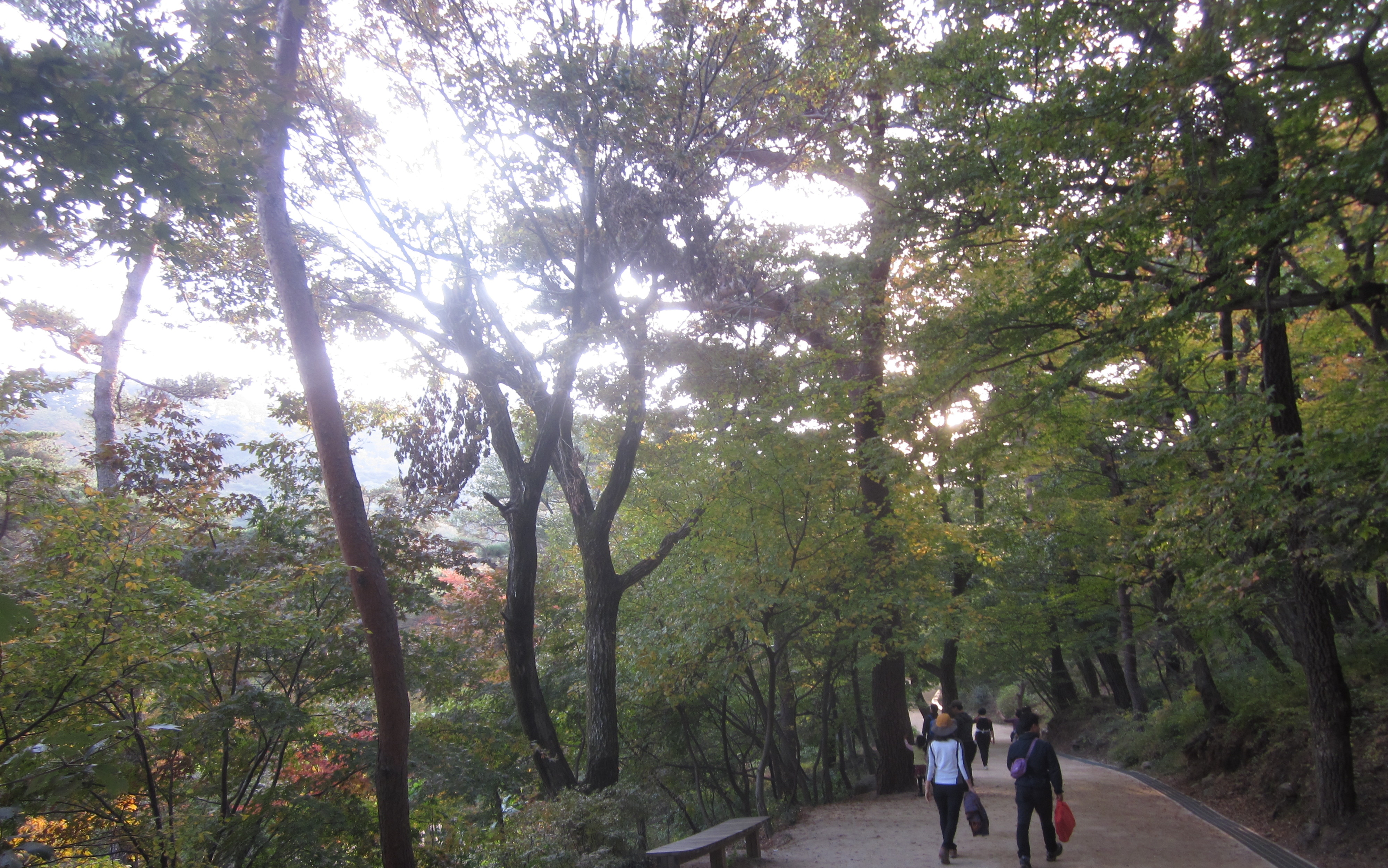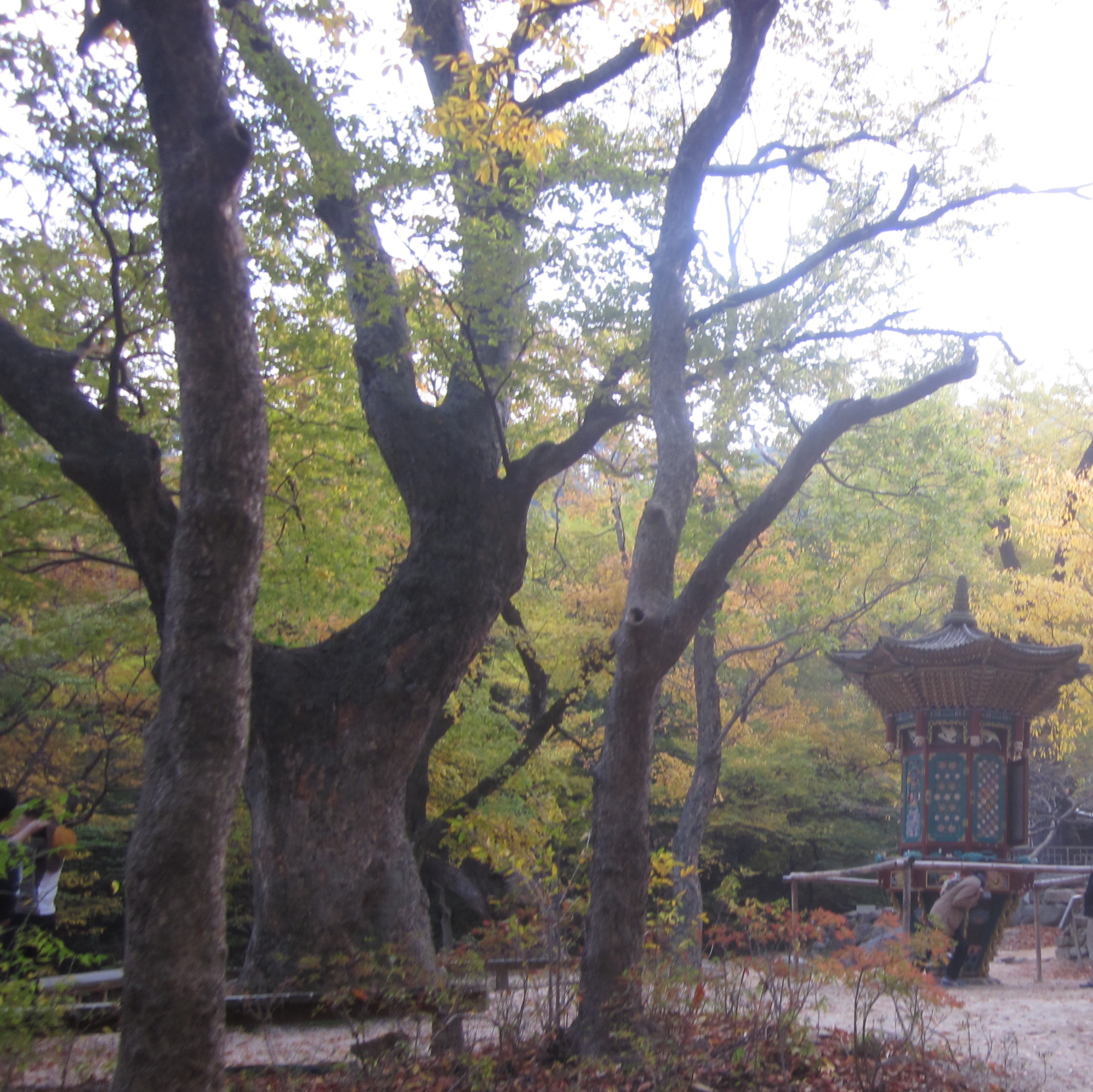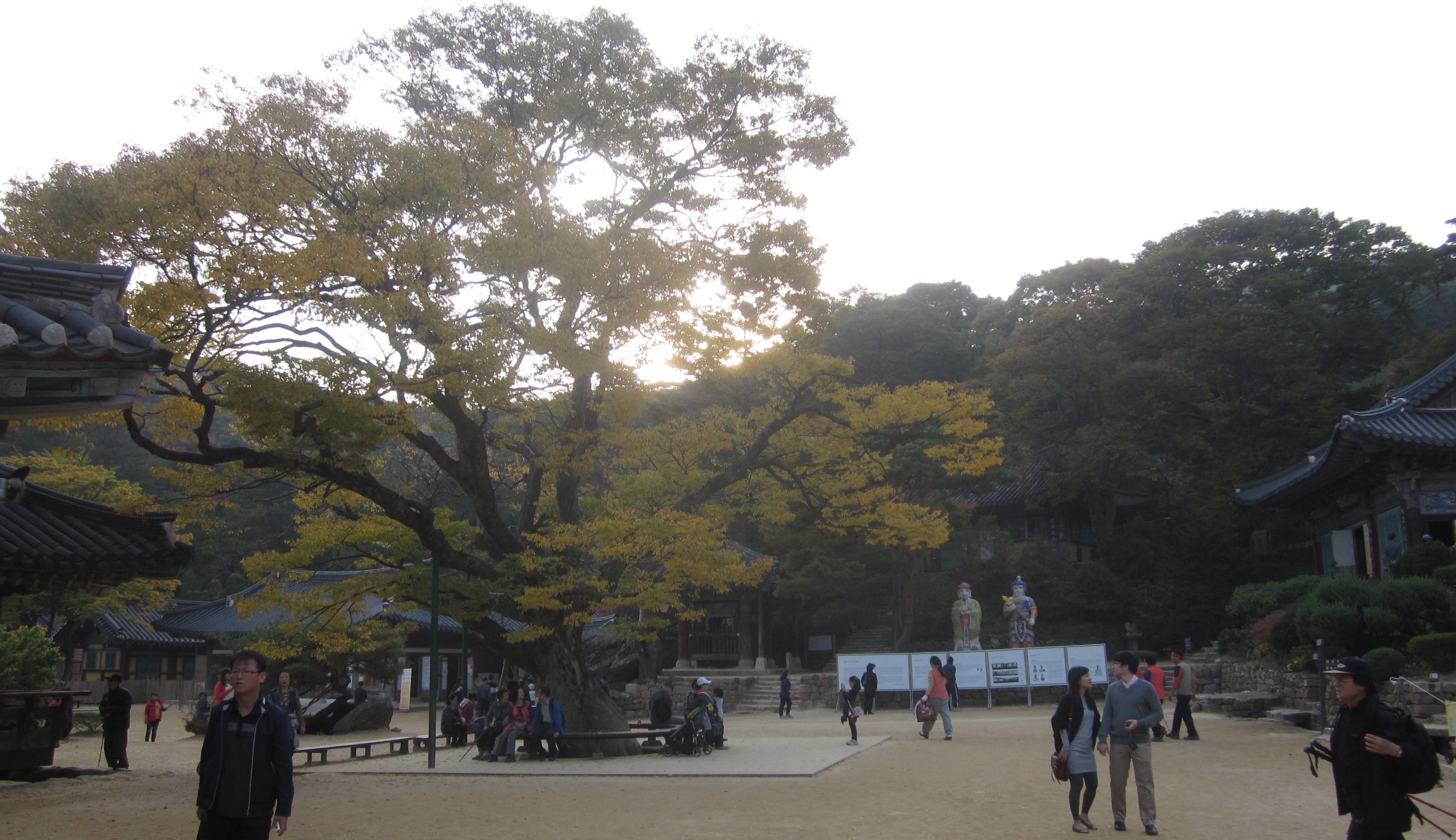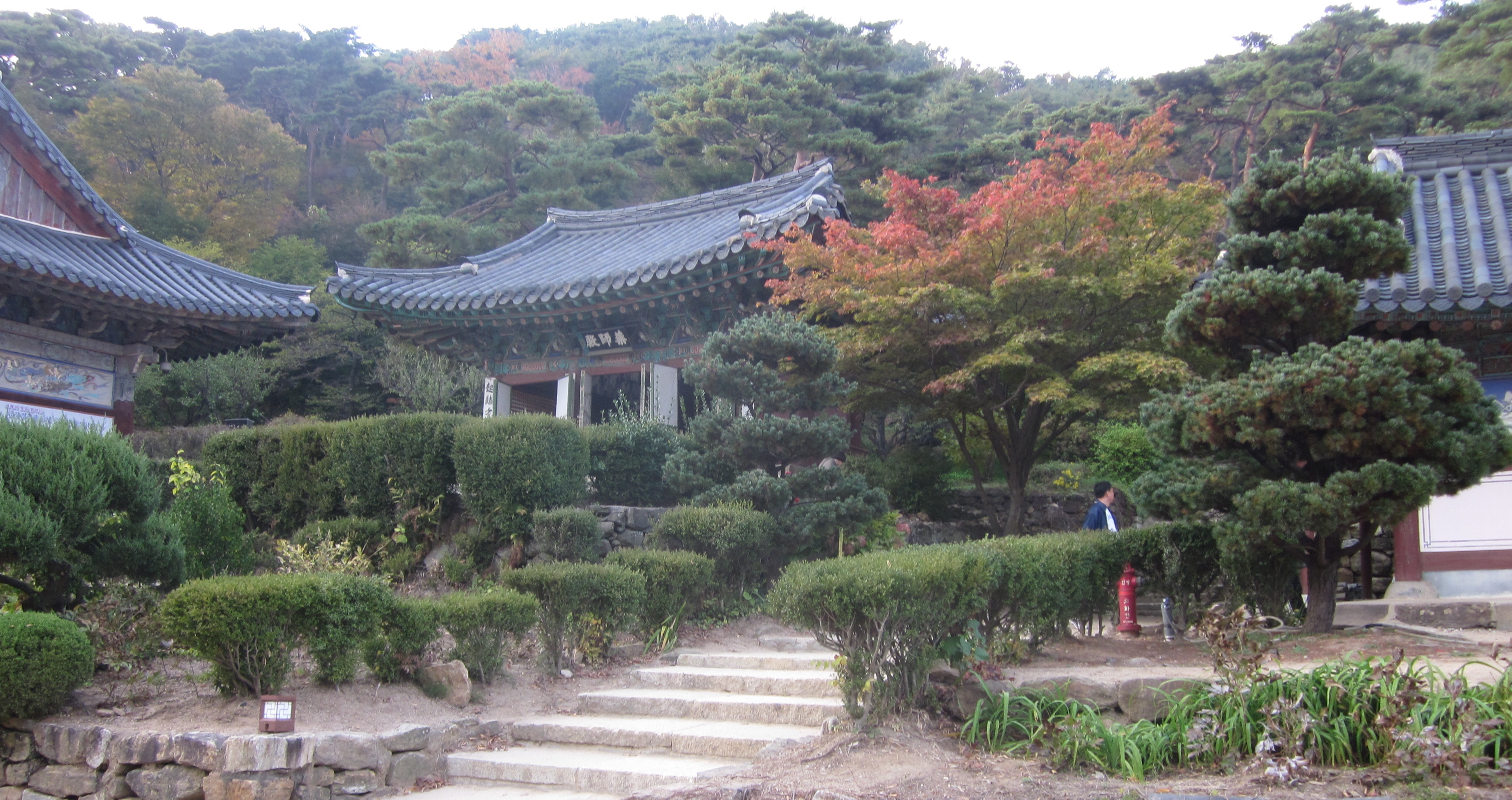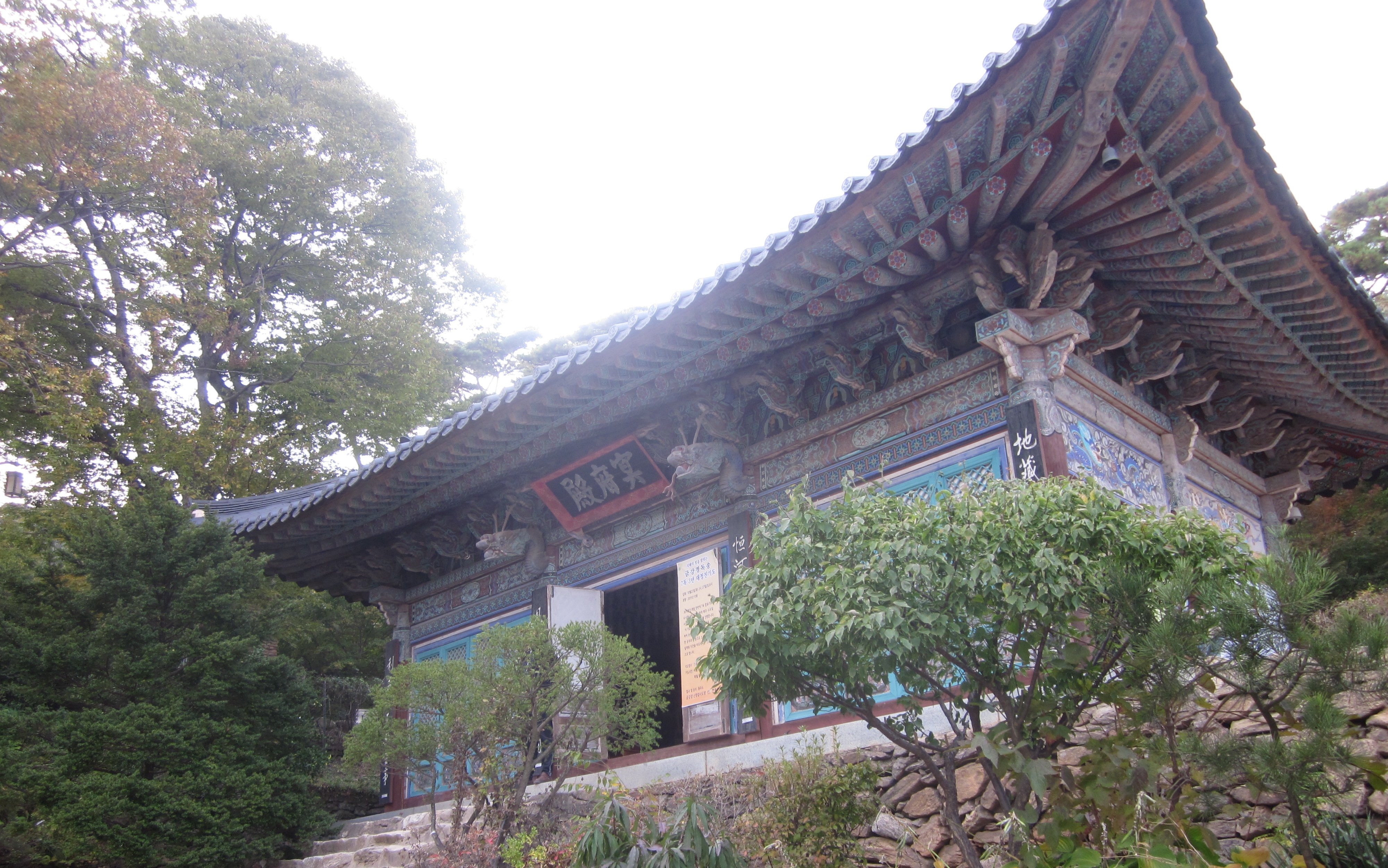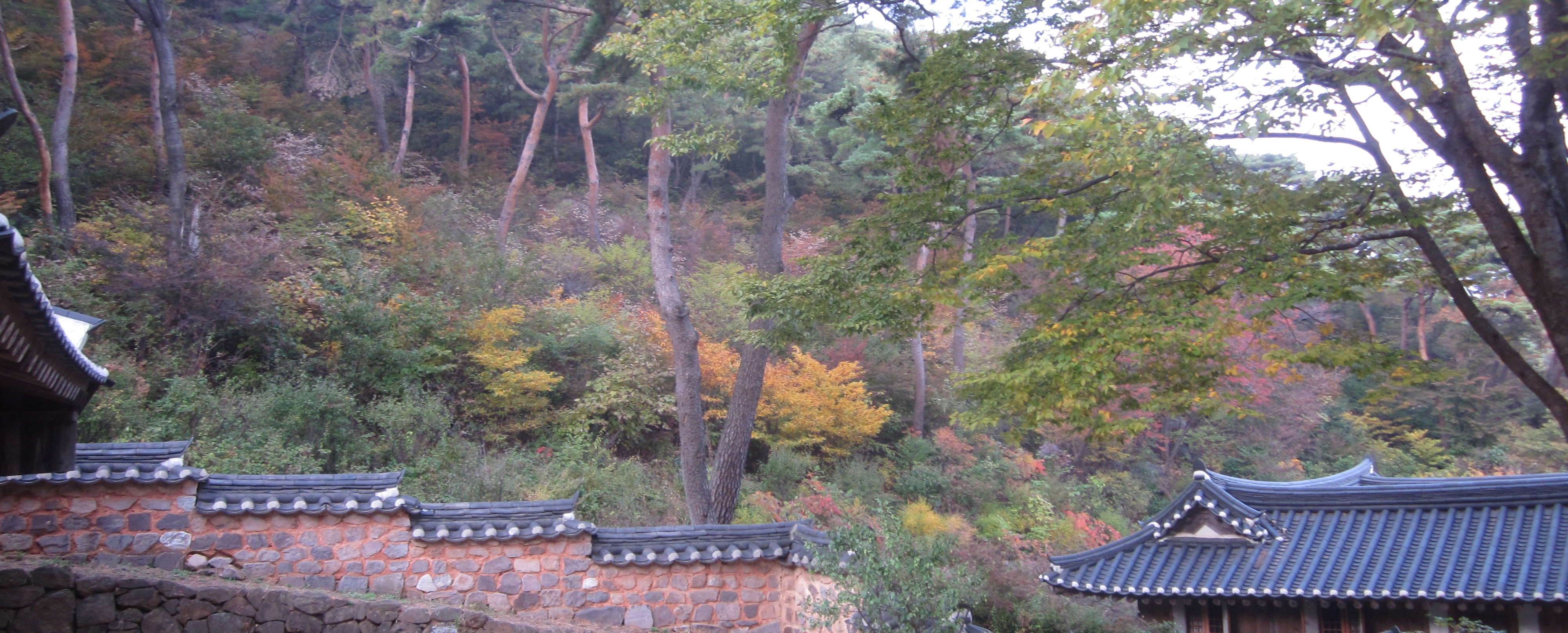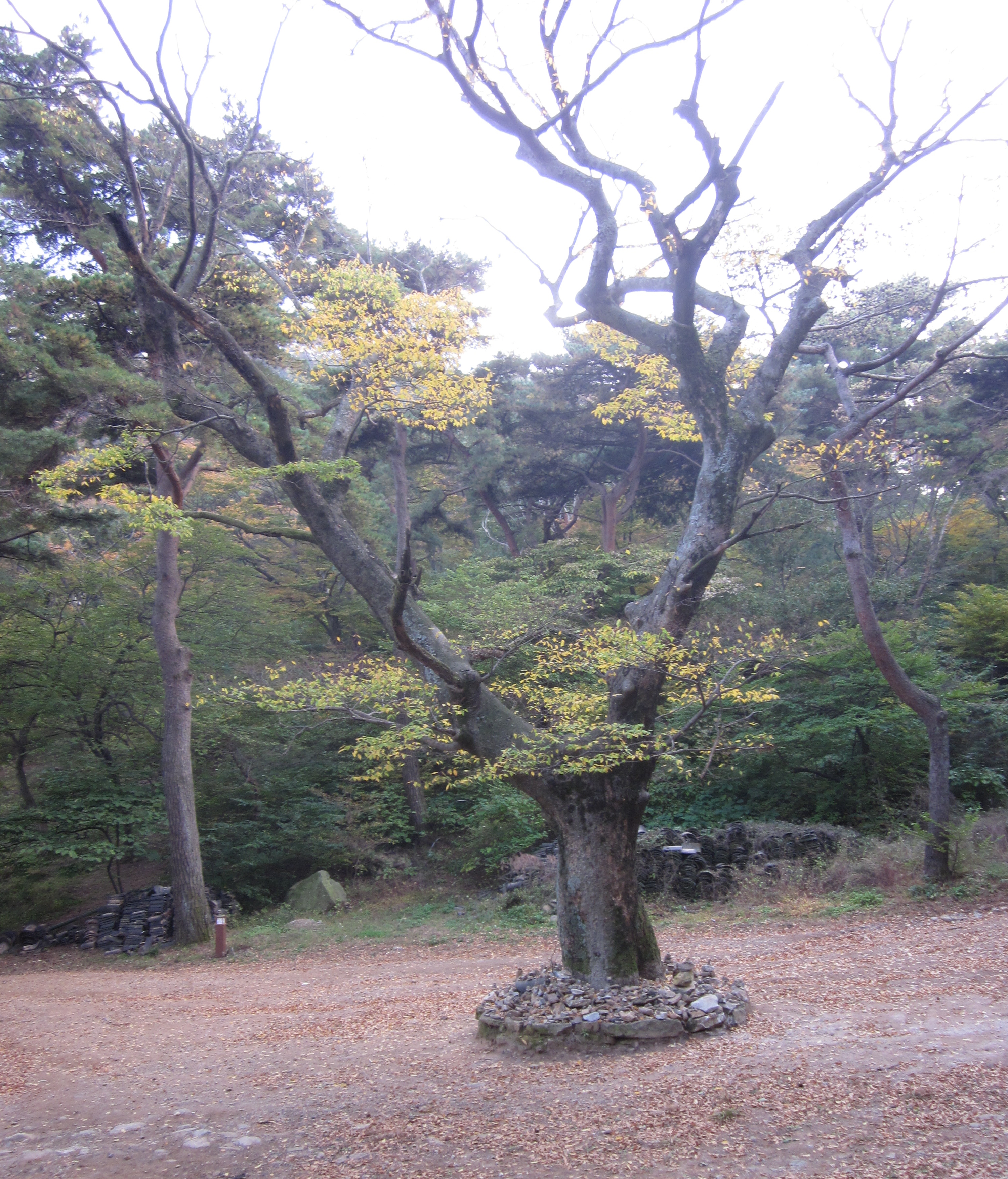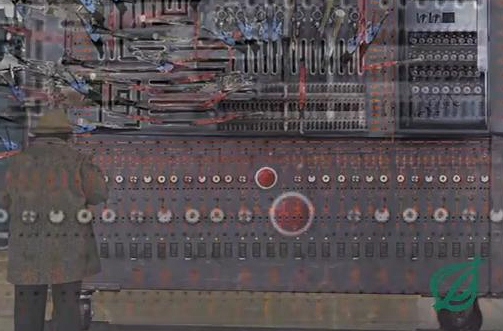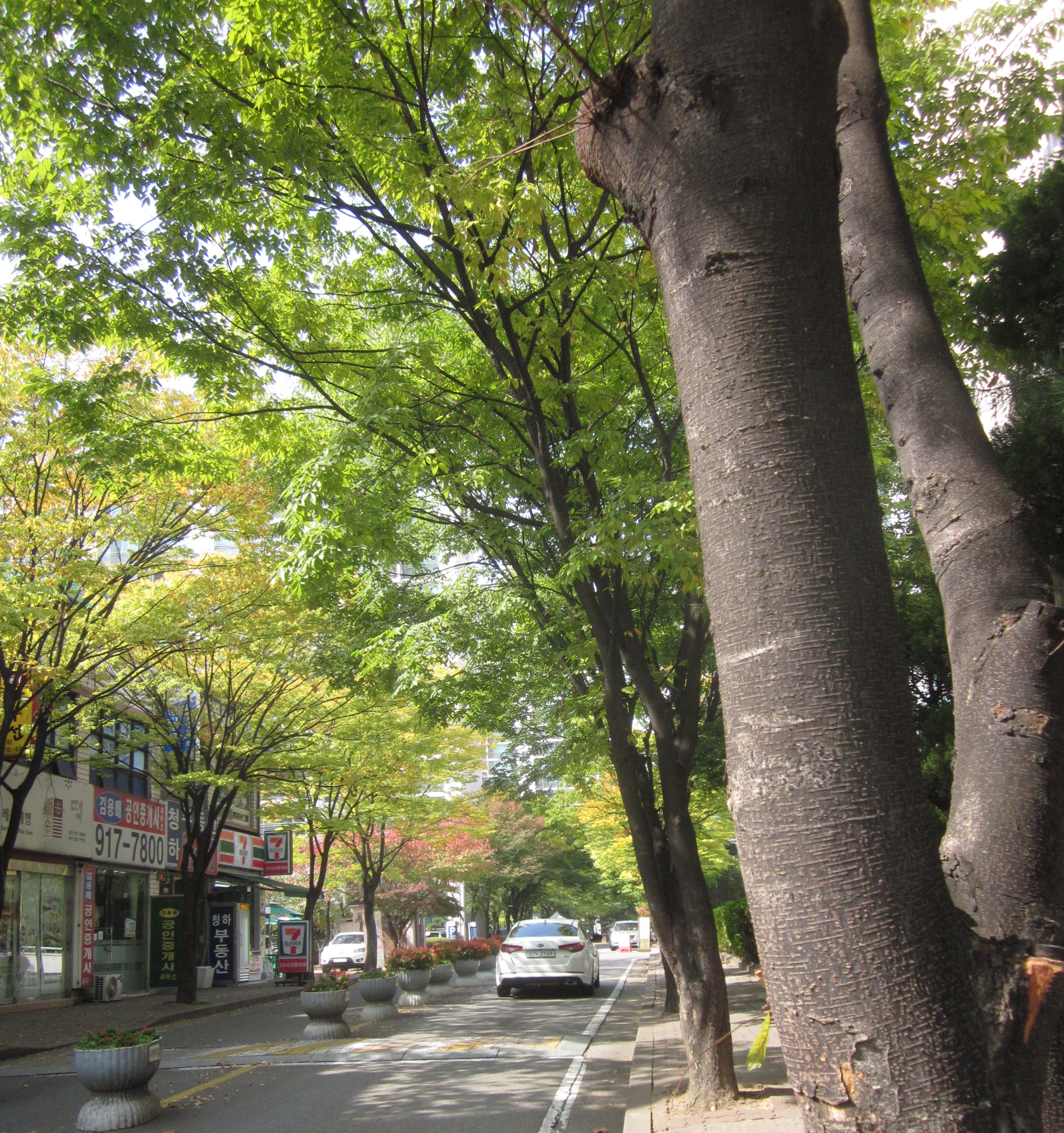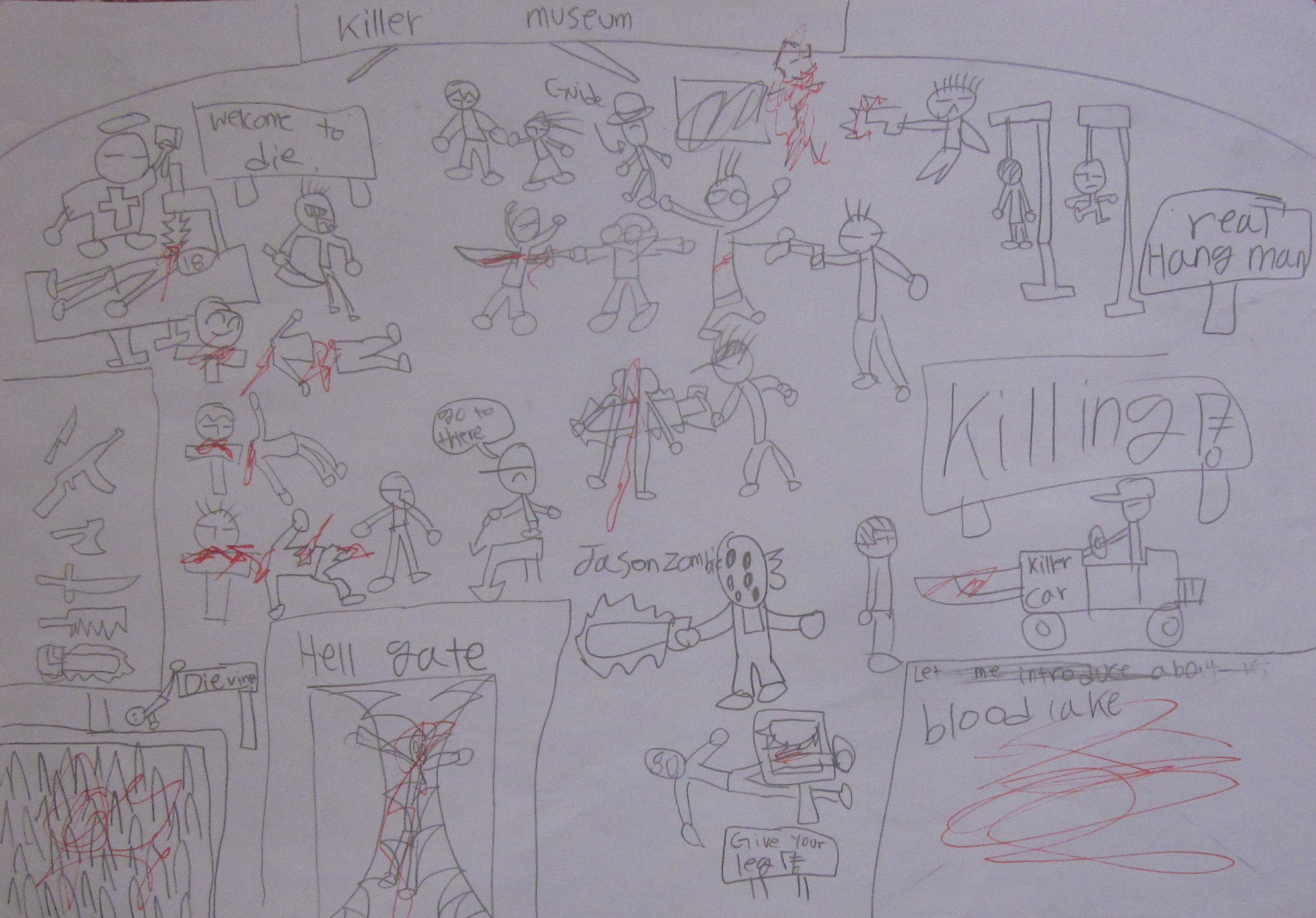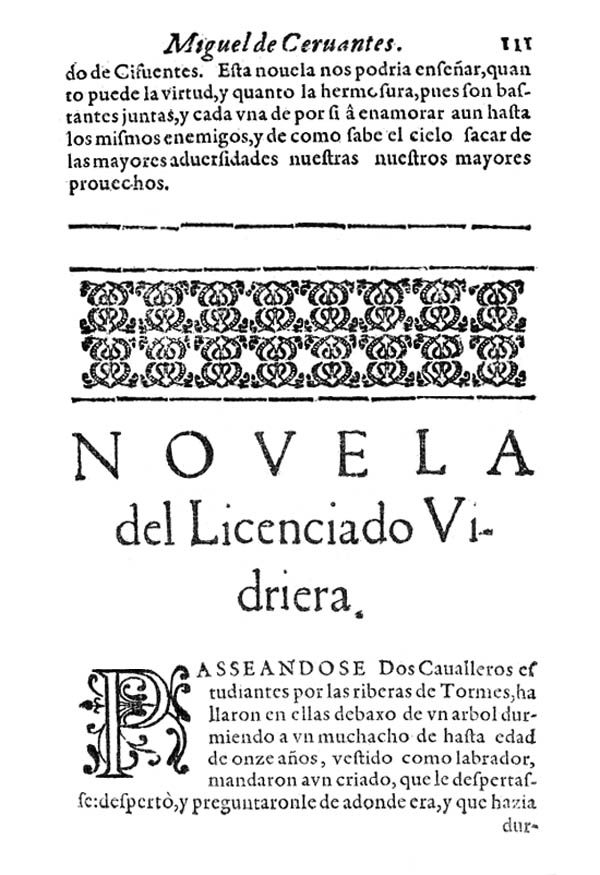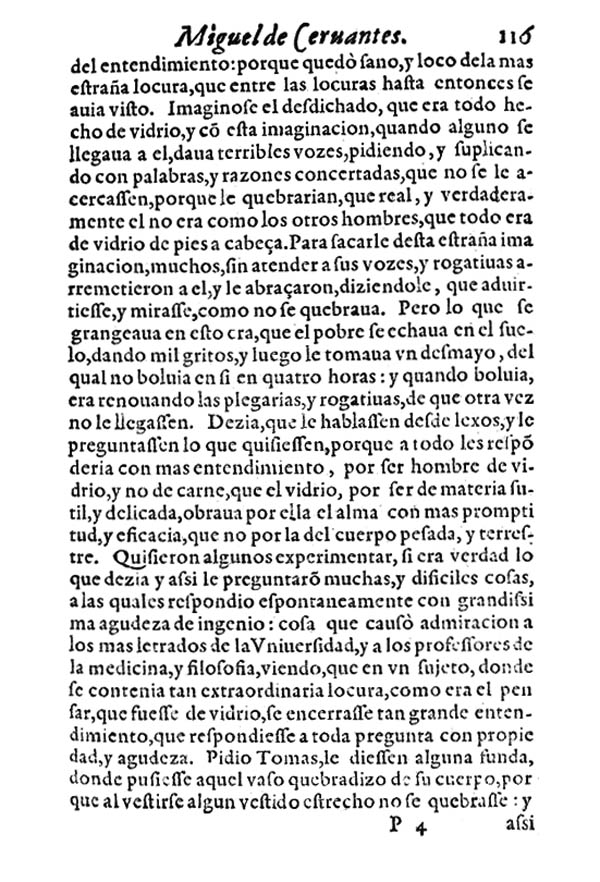절약이 돈 버는 것
thrift-SUBJ money make[money]-PART thing
Thrift is a money-making thing.
“A penny saved is a penny earned.” Well, yes, the whole frugality thing, right?
I have good days and bad days, on that. Certainly, I try to live within my means, even as my “means” have been cut by about 75% over the last half decade. I made the decision, at some point, that money wasn’t the main thing in my life. But it still has to be dealt with – managed.
Caveat: ie? ei?
“i before e, except when you run a feisty heist on a weird beige foreign neighbor” – seen on the internet.
Sounds like a national security problem to me.
I’m tired.
Caveat: Reagan’s Skeleton
 Getting into the Halloween spirit, this is a truly interesting, funny, Halloweeny song.
Getting into the Halloween spirit, this is a truly interesting, funny, Halloweeny song.
Reagan’s skeleton is leading armies of zombies – maybe near Ventura, which sorta makes sense.
What I’m listening to right now.
Yeasayer, “Reagan’s Skeleton.” Lyrics:
Down in a hole outside of Ventura
low and behold, found beauty
I said I’ve never seen a red head come boast just like that
She said outside, got something to seeWe walked a quiet road for miles at first
Couldn’t see a thing
Rattle from the dark, chills up my spine
Coming from the trees ohThat’s Reagan’s skeleton, in the moonlight
Don’t fear the red eyes, fear the satellite overhead
That’s Reagan’s skeleton, marching our way
Sentimental violence, leading his armies of undeadThat’s Reagan’s skeleton, in the moonlight
Don’t fear the red eyes, fear the satellite overhead
That’s Reagan’s skeleton, marching our way
Sentimental violence, leading his armies in a fog eternallyMust of passed out – when I came to I’m tied up,
To my surprise, by the young lady
And as her face grew sick her nails tore out my heart
Blood trickled down, economicallyThe laughter from the dark was low at first
But what came could call for me
I recognise the stench of burning flesh
As they began to feed ohOn Reagan’s skeleton, in the moonlight
Don’t fear the red eyes, fear the satellite overhead
That’s Reagan’s skeleton, marching our way
Sentimental violence, leading his armies of undeadThat’s Reagan’s skeleton, in the moonlight
Don’t fear the red eyes, fear the satellite overhead
That’s Reagan’s skeleton, marching our way
Sentimental violence, leading his armies in a fog eternallyGawker, horror, what an awful way to fall in love
Gawker, horror, what an awful way to fall in loveThat’s Reagan’s skeleton, in the moonlight
Don’t fear the red eyes, fear the satellite overhead
That’s Reagan’s skeleton, marching our way
Sentimental violence, leading his armies of undeadThat’s Reagan’s skeleton, in the moonlight
Don’t fear the red eyes, fear the satellite overhead
That’s Reagan’s skeleton, marching our way
Sentimental violence, leading his armies in a fog eternally
Caveat: 세월이 약이다
세월이 약이다
time-SUBJ medicine-is
Time is medicine.
“Time heals all wounds.” Unless the wound gets infected. When that happens, all bets are off.
Caveat: I awoke to thunder and a heavy fall rain
I slept very deeply, probably because of all the walking yesterday. I was surprised to hear thunder. It's rare in Korea – certainly I don't associate it with fall weather. It was raining hard – the swooshing sound of cars and buses on the busy streets echoed outside my window. My legs were sore. I made some coffee.
Caveat: Walking Around Ganghwa Island
Ganghwa Island is a very historical place. It’s a large island approximately straight west from Seoul and also straight west from Ilsan, but there’s not really any direct route there from Ilsan. I took a zig-zaggy bus over there with my friend Peter, and we walked a 22 km route down the island from the bus terminal in the main town at the northern end all the way to a very historic temple complex called Jeondeungsa. It had a lot of tourists. We saw a lot of rice being harvested. We stopped at a hole-in-the-wall called “Mexican Pizza Chicken” and had some chicken (they didn’t have pizza, oddly) that didn’t seem very Mexican. But it wasn’t bad. Random strangers handed us fruit and nuts. Some of this, we ate. It was a good day, but now I’m very tired. Here are many pictures, starting with a googlemap of the route, in context west of Goyang (Ilsan – where I live) and Bucheon (where Peter lives).
So, without a detailed travelogue – perhaps just a random comment here or there – here are some pictures, in chronological order.
A farm house with a mushroom-shaped roof.
A cute dog in front of a very western style house.
A rice-harvesting machine, cutting rice.
A country lane.
Fall colors.
A sign to a tomb of Leegyubo.
A farm house with a strange but interesting design.
Exploring Lee Gyu-bo’s tomb site.
Caveat: I find dumptrucks exciting. Because… of the blog name, y’know? [UPDATE: I liked this orange dumptruck so much that it later became the “brand” image for this blog.]
Mexican Chicken!
Caveat: 보지 않으면 잊혀진다
보지 않으면 잊혀진다
see-PRENEG is-not-IF forget-PASSIVE-CAUSATIVE
If [it] is not seen it becomes forgotten.
“Out of sight out of mind.” Yes, this is true. Like my blog. If you don’t see it, you forget it. That’s OK.
Caveat: this yucky speech
My 7th grade student Daniel sent the following speech (in written form), via email. He wasn’t required to – he just did, I guess, because he felt like sharing his glum worldview.
Topic: When do you make wishes? What do you usually wish for?
Hello, everyone, my name is Daniel. I want to talk about my wishes.
At 7:00 a.m., Imade wishes to sleep more, because I love sleeping.
At 8:40 a.m. to 11:20 a.m., I wish to eat lunch or edible things, because I always hungry at that time.
At last class at my school, I wish to not clean up our classroom myself.
At home, I wish to not go academy, Because I am so tired.
At academy, I wish to go home, so I can eat some dinner.
At home, I wish to not finish my homework, because homework is the worst things of my school life! and it makes me depressed. It’s very common life for me, but it’s disgusting.
You didn’t tell the send e-mail to us, but I send this -yucky-speech to you.
Unrelatedly, this image was floating around in the interwebs.
Caveat: Chibi and Wabbit
Caveat: Move to Netherlands
We were having a speaking class in my E1-1 cohort (6th graders). These aren’t the brightest bulbs, but they’re fun kids. I had elicited and finally gotten, after much trial and tribulation, a list on the board of various social issues: e.g. the environment, crime, homeless people, “crazy” people (mentally disabled), Dokdo (Korea’s revanchist territorial dispute with Japan), drugs, etc.
Then we went down the list, and I was trying to get them to describe possible actions they, as individuals, could do with respect to these issues. Most of them were very appropriate for their age and ability level: “don’t litter” for environment problems, “take them to hospital” for crazy people.
But then a student utterly shocked me.
“What about for the problem of drugs?” I asked. I know the kids get some level of drug-awareness education in their public schools, perhaps somewhat similar to the infamous DARE in the US. “What can we do?”
Harry raised his hand.
“What?” I asked.
“Move to Netherlands,” was his immediate and unironic suggestion.
I’m afraid I started laughing. I never would have expected a Korean 6th grader to come up with such a response. I would not have expected it even from an American kid – though US kids tend to be more “worldly” than Koreans at that age.
Caveat: A luminous fall day on a pedestrian bridge looking north at Munhwa Park in Ilsan
Caveat: Reduplication
Here are some more examples of reduplicative (or semi-reduplicative) phenomimes and/or psychomimes that I recently ran across. I’ve written about them before (twice).
I’ve given up trying to determine which are technically phenomimes and which are technically psychomimes – the boundary between them seems awfully fuzzy. I suspect things dealing with mood and feeling should be called psychomimes and those dealing with taste (such as most of those below) should be called phenomimes. But aren’t tastes feelings, too? (The -하다 [-hada] are just the verbal-making suffix).
- 섭섭(-하다) [seopseop] = to be disappointed, to be sad
- 새콤달콤(-하다) [saekomdalkom] = to be sweet and sour
- 쫄깃쫄깃(-하다) [jjolgitjjolgit] = to be chewy
- 바삭바삭(-하다) [basakbasak] = to be crispy
- 아삭아사(-하다) [asakasak] = to be crunchy
- 살살 [salsal] = softly
[Update (2015-10-08): I decided to create a consolidated list of examples, which I can update periodically.]
Caveat: A crook in their craw
Most dreams seem like rehashes of old material, poorly or incompletely executed at best. But occassionally something really strange comes along. This morning I was dreaming something like a crime-procedural (a la CSI). But the specific situation involved investigating a dead person's past work history at a university library. This latter is the connection to my subconscious's accumulation of experience – I spent far too much time in university libraries, when younger. But I was the investigator, in this dream-story.
I had found a book that had been checked out by the deceased person in 1979, with those old-style check-out cards, and it had a date-stamp and their name written by hand on a list glued into the front cover of the book, in that old style libraries used to use to check out books, before computers and bar codes and all of that. So I wanted to take the book as evidence of something – I'm not sure what, but in the dream, it was important, as it showed something critical to the case I was building. But taking the book was a problem – I went to check it out, and the first thing that happened was some idiotic student worker at the library said, "…well, this book hasn't been checked out since 1979, so we need to put in a bar code and a new computer-printed information page."
He moved to remove the sticker in the front of the book with the deceased person's name on it. And I said, "Wait! That's the part that I need – that's why I want to check out the book."
This boggled the mind of the student worker, so I asked to see the supervisor. No one could even understand what I was talking about – even when I began referencing the fact that there had been a murder and that I was trying to get this book as evidence. I considered just taking the book as evidence through some kind of crime-scene confiscation scheme – but for some procedural reason I didn't have access to that pathway of action.
Finally, I was talking to some head librarian. "Why won't anyone help me solve this problem?" I asked. The woman was memorable – she resembled someone I actually knew in college. She didn't even look up from her work. She grimmaced, as if to say, 'how could this man be so ignorant?' And she said, simply, "You put a crook in their craw."
I woke up with a start. Why? The phrase was striking, and puzzling. Was it a real expression? It seemed familiar, to me, as I mulled it over in my waking-up brain. I couldn't shake the expression – it was sticking with me. Finally, I googled it. Nothing for "crook in their craw." A hits few for "crook in his craw" and "crook in my craw." There are enough hits – mostly in the comments parts of websites – to believe that it's a real expression, and not just a conjuration of my overactive imagination. But it's definitely not very common. It seems to be a southernism – perhaps it entered my mind while in the military, or via my mother, who occassionally lets her youth in Arkansas show through her layers of dialectical detritus. What is a crook in a craw? It's something that bends you out of shape. It's something that annoys you.
So in the dream, I was annoying those people. And I still don't know why, as I was distracted by the language used by the person who was trying to explain to me that I was annoying them. Is that annoying?
Caveat: 쇠뿔도 단김에 빼라
쇠뿔도 단김에 빼라
bull’s-horn-TOO at-once dodge-COMMAND
Dodge the bull’s horn at once.
“Strike while the iron is hot” is the translation offered for this expression on various websites and Korean-English dictionaries. I don’t like how no one tries to actually translate the literal meaning of the proverb – they just offer “Strike while the iron is hot.” But there’s no striking, no iron, no hotness – not in the actual Korean proverb. What there is is a bull’s horn and some kind of dodging or evading or removing. 단김에 seems to be a variant of 단결에 “in a body, in combination, in solidarity” and therefore “at once.”
Caveat: The Future of Voting
Caveat: how deliciously meaningless
I stayed very late at work, talking about stuff with the boss. I think the post-merger situation isn't all good. I don't know what solutions are possible – the big players in the market seem to be engaging in price-war: they're undercutting the tuition of the smaller hagwon. Whether this is sustainable or not, I can't guess. The staff at "KarmaPlus" isn't really cohering into a single team. How does one make this happen? I don't know.
What I'm listening to right now.
Magnetic Fields, "Meaningless."
Lyrics:
Meaningless?
You mean it's all been meaningless?
Every whisper and caress?
Yes yes yes it was totally meaningless
Meaningless
like when two fireflies flouresce
Just like everything I guess
Less less yes, it was utterly meaningless
Even less
a little glimpse of nothingness
sucking meaning from the
rest of this mess
Yes yes yes it was thoroughly meaningless
and if some dim bulb should say
we were in love in some way
kick all his teeth in for me
and if you feel like keeping on kicking,
feel free
Meaningless
Who dare say it wasn't meaningless?
Shout from the rooftops
and address the press
Ha ha ha, it was totally meaningless
Meaningless
Meaning less than a game of chess
Just like your mother said
and mother knows best
I knew it all the time but now I confess
Yes yes yes how deliciously meaningless
Yes yes yes effervescently meaningless
Yes yes yes it was beautifully meaningless
Yes yes yes it was profoundly meaningless
Yes yes yes definatively meaningless
Yes yes yes comprehensively meaningless
Yes yes yes magnificently meaningless
Yes yes yes how incredibly meaningless
Yes yes yes unprecedentedly meaningless
Yes yes yes how mind-blowingly meaningless
Yes yes yes how unbelievably meaningless
Yes yes yes how infinitely meaningless
Caveat: I went exploration
My students are writing things that resemble blog entries – my blog entries.
Here is the work of a 5th grader who goes by the English nickname of Kevin. I transcribe what he wrote, following my usual policy of not making any corrections in the transcription – he lost points because he didn’t make any effort to even romanize much less try to translate the names of the places he visited (I’ve provided romanizations in square brackets and translations following).
exploration
I got up at 6 o’clock, Because I went exploration. I ate breakfast. Then I rode bus. I went to seoul. First, I went to ‘탑골공원’ [tapgolgongwon]. There is ‘원각사지십층석탑’ [wongaksajisipcheungseoktap]. Then I went to ‘안중근 김구 기념관’ [anjunggeun gimgu ginyeomgwan]. I saw 안중근’s work. And I went to ‘백범 김구 기념관’ [baekbeom gimgu ginyeomgwan]. I saw 김구’s work. Finally, I went to ‘서대문 형무소’ [seodaemun hyeongmuso]. I saw prison, execution ground. It was horrible. Then I reached home. And, I ate bread. It was delicious. I am proud of hero. If hero not there Japan get rid of Korea. Thank you, hero.
 This tiny essay is chock-full of cultural content. So I provide notes – including many links to the fabulous wikithing.
This tiny essay is chock-full of cultural content. So I provide notes – including many links to the fabulous wikithing.
‘탑골공원’ [tapgolgongwon] – Pagoda Park
‘원각사지십층석탑’ [wongaksajisipcheungseoktap] – Wongaksa Pagoda (A Joseon era pagoda built in 1467 and partially restored by American military engineers in 1947)
‘안중근 김구 기념관’ [anjunggeun gimgu ginyeomgwan] – Memorial to Ahn Jung-geum and Kim Gu.
안중근 [anjunggeum] Ahn Jung-geum – a leader of the Korean independence movement against the Japanese colonial occupation.
김구 [gimgu] Kim Gu – a leader of the Korean independence movement against the Japanese colonial occupation.
‘백범 김구 기념관’ [baekbeom gimgu ginyeomgwan] – A memorial to Kim Gu, referencing his pen name 백범 [baekbeom] which I think seems to mean something like ‘everyman’ or ‘ordinary person.’
‘서대문 형무소’ [seodaemun hyeongmuso] – The Seodaemun (Western Gate) Prison.
‘I ate bread’ – Koreans call pastries 빵 which they then inevitably translate literally as ‘bread.’ In fact, when they say ‘bread,’ in English, they almost never mean what we mean by ‘bread’ in the West – they mean pastries.
A good nationalist-leaning, hero-worshipping, colonialist-bashing education is an important part of every child’s upbringing, doncha think? I don’t think this is any different than, say, an American fifth-grader going to the Liberty Bell, Independence Hall, etc., in Philadelphia, for example. But it’s a different perspective to see the propagandization in action from a cultural distance.
Caveat: 짖는 것은 무는 것만 못하다
짖는 것은 무는 것만 못하다
bark-PART thing-TOPIC bite-PART thing-ONLY can’t-do
That which barks isn’t sufficient to bite.
“One’s bark is worse than one’s bite.” The ~만하다 ending means “is sufficient to” in one of my grammar books, so I decided that ~만 못하다 must mean “isn’t sufficient to” – but what I’m not confident about is how this works when attached to the periphrastic ~는 것 “that which ~”. I just kind of ignored that aspect in the second half of the sentence.
Speaking of bark worse than bite: my boss. Just sayin’.
Caveat: Ghanian Pop
 If I ever went to Africa, Ghana is one of the countries that most interests me. I can’t really explain why – it’s partly related to my econo-geekery: Ghana is a remarkable economic success story, in many respects, in a region replete with disasters. That, in and of itself, is interesting. But as the culture grows more prosperous, it takes on the trappings of the globalized bourgeois everywhere. One aspect: pop music and videos.
If I ever went to Africa, Ghana is one of the countries that most interests me. I can’t really explain why – it’s partly related to my econo-geekery: Ghana is a remarkable economic success story, in many respects, in a region replete with disasters. That, in and of itself, is interesting. But as the culture grows more prosperous, it takes on the trappings of the globalized bourgeois everywhere. One aspect: pop music and videos.
I spent part of the afternoon yesterday watching Ghanian music videos. This behavior is inexplicable.
What I’m listening to right now.
Becca, “Daa Ke Daa.”
And meanwhile, reading Henry James. Why did I ever dislike this author?
Caveat: A Consequence of Evolutionary Success
The article at The Atlantic website begins with this striking observation: "More people die from suicide than from murder and war combined, throughout the world, every year." From there, the author, Brian Gabriel, develops the idea that depression may be a consequence of evolutionary success: which is to say, there is something positively adaptive about the genetics behind depression, related to both immune response and other, more behavioral results. Basically, if you're a member of hominid species that mostly dies of disease in youth, there may be an evolutionary advantage to reacting to stress by isolating yourself and sleeping all day.
This actually makes some sense. I'm not savvy enough to judge the bits about immune response – and I also seem to remember learning that depression actually lowers immune response – so I'm not sure how that works or what the interaction is.
Regardless, it's a very interesting, brief article.
Caveat: ♡copyheart (meant ironically)
… with a side-dish of irony.
About a week ago I posted a video by Nina Paley. That discovery led me to her website / blog. Her pet cause is the madness of current intellectual property laws – so she immediately won a place in my heart. A notable quote:
“What do religious fundamentalists and big media corporations have in common? They believe that they own culture.” – Nina Paley.
Her interest in and advocacy for alternatives to the copyright regimen we all suffer under arose because she made a professional feature-length movie by herself over a period of years, only to essentially be blocked by the fact that the movie relied on still-copyrighted music from the 1930s that she’d perhaps assumed was public domain. The movie itself is awesome. It’s called Sita Sings the Blues – you can get the full story at her relevant posts on her blog.
Her attention has lately turned to a reconceptualization of copyright that I find much more compelling than the fairly established “copyleft” associated with the free software movement: she calls it “♡copyheart.” It’s cool. I may even put a ♡copyheart at the bottom of my blog at some point.
Nobody owns culture. She made a song called “Copying is not theft.”
Actually, although I thought Paley did an artistic and masterful job with her sequences involving the 1930s music by jazz singer Annette Hanshaw, those weren’t my favorite tracks from the movie. My favorite musical track and video sequence was the part called “Agni Pariksha (Sita’s Fire),” which is accompanied by a song by Todd Michaelsen, sung by Reena Shah. It took me more than a little bit of googling to figure that out – it wasn’t immediately transparent on her various websites.
Here’s the thing – the irony, if you will: I decided I liked that Todd Michaelsen song enough that I “wanted” it. I sort of assumed that, given it was part of this copyheart-advocating artist, that I’d surely find it downloadable, somewhere, But I didn’t. Really, I didn’t. When I went to use one of the free youtube-to-mp3 conversion utilities, to “capture” the audio stream from the youtube video, I got this message:
Google doesn’t block the youtube copywidgets unless it’s getting takedown pressure from the copyright holder in question – this means that Todd Michaelsen or someone connected to him is specifically not allowing youtube users full access to the work.
That’s the irony – that the one song in Paley’s work that I decided I wanted, I couldn’t get. Paying for Michaelsen’s song was literally not an option – because of my nefarious South Korean IP address, getting the credit card checkout widget to work on US-based websites is sometimes unreliable, because US banking websites shove South Korean IP addresses into a “probably evil fraudsters” bucket along with most other “Asian-except-Japan” addresses; either that, or they force you to a Korean-language- and Korean-bank based site that then requires a Korean credit card. What’s often impossible is using a US credit card on a US site from South Korea. I really did intend to buy his “soundtrack” to Sita Sings the Blues.
Of course, I’m technically savvy enough that using other means to capture the song stream in question was pretty trivial. But still. I’m just sayin’.
What I’m listening to right now.
Todd Michaelson, Reena Shah, Laxmi Shah, “Agni Pariksha.”
Caveat: Cough-ka-cough
Reading Coleridge, and that Natsume novel about the cat.
I ate some chamchi jumokbap. Terrible headcold. Grr. Cough-ka-cough.
Interesting how when I'm sick, I always 'save' the worst of it for my weekends. I'm such a hopeless workaholic.
What I'm listening to right now.
Yeasayer, "Fingers Never Bleed."
Caveat: Life in the Kburbs
Kburbs are Korean suburbs.
I walked along a charming Ilsan side-street on an early fall day.
The trees are starting to change color. The Seven-11 is always open. The streets are neat and orderly.
Caveat: 어떤 사람에게는 좋은 것이 다른 사람에게는 싫은 것
어떤 사람에게는 좋은 것이
what-way-PART person-TO-TOPIC is-good-PART thing-SUBJ
다른 사람에게는 싫은 것
is-other-PART person-TO-TOPIC hate-PART thing
A thing good for one person [is] a thing hated by another person.
“One man’s meat is another’s poison.” And other proverbs in similar vein.
One of my most-liked students, who had quit Karma last year, has resumed at Karma this week. I’m so pleased.

![]()
Caveat: “dim white”
I wrote this englyn penfyr.
(Poem #6 on new numbering scheme)
the morning sky looked too cold, and dim white, my window's light like a fold of feeling, and it looked old.
I see these Welsh poetic forms as something offering the same brevity as haiku but more “native” to the Western – specifically Britannic – tradition, especially with their emphasis on rhyme, consonance and assonance.
![]()
Caveat: Get this child a psychologist, maybe
“Killer museum,” presented by a boy who goes by the English name John.
It’s a pretty interesting picture, though – a sort of “Richard Scarry does the Apocalypse” style.
Caveat: I woke up and was actually cold
The fall is finally arriving – I went to sleep with my windows open, and when I woke up, the air was chilly. Maybe 5 C or so.
I'm glad that Fall is arriving. I like summer in Korea because it is green and rainy for much of it – but I like the heat and humidity, less so.
I feel a bit frustrated with work. I sense implosional tendencies in the staffroom dynamic. These are making me uncomfortable. Meanwhile, I'm back to teaching the regular middle-schoolers. They can be frustrating sometimes, with their (externally) affectless approach to reality: I sometimes can't figure out if I'm getting through to them at all. And lately, there is a lot of talk of making the elementary side "harder" (or "hardcore") – which is exactly the direction I'm least happy in taking it, though I understand the rationale behind it, market-wise.
The big players in the hagwon biz are beginning a kind of price-war. They are thus undercutting the tuition of smaller players like Karma. Consequently, we have to differentiate in the market, and one option is to try to present ourselves as more "hardcore." Right? Personally, I think there's better options – e.g. become more "innovative" – but to be innovative, one needs to… er, um… innovate.
Caveat: corazón de vidrio
Estaba caminando de regreso a casa y salió en mi mp3player la canción “Heart of Glass” de Blondie. Pues, me puso a pensar en el cuento “El licenciado vidriera” de Cervantes – por el “corazón de vidrio,” por supuesto. “El licenciado vidriera” es el cuento corto cervantino que más me interesa – sin duda es el gérmen del Quijote.
El hombre, por un hechizo, contrae una locura:
… loco dela mas estraña locura, que entre las locuras hasta entonces se auia visto. Imaginose el desdichado, que era todo hecho de vidrio, y con esta imaginacion, quando alguno se llegaua a el, daua terribles vozes, pidiendo, y suplicando con palabras, y razones concertadas, que no se le acercassen, porque le quebrarian, que real, y verdaderamente el no era como los otros hombres, que todo era de vidrio de pies a cabeça. Para sacarle desta estraña imaginacion, muchos, sin atender a sus vozes, y rogatiuas arremetieron a el, y le abraçaron, diziendole, que aduirtiesse, y mirasse, como no se quebraua. Pero lo que se grangeaua en esto era, que el pobre se echaua en el suelo, dando mil gritos, y luego le tomaua vn desmayo, del qual no boluia en si en quatro horas: y quando boluia, era renouando las plegarias, y rogatiuas, de que otra vez no le llegassen. – Miguel de Cervantes, “El licenciado vidriera,” (1613).
Así la conexión entre la literatura española del siglo de oro y la música “disco” de los 1980.
Lo que estoy escuchando en este momento.
Blondie, “Heart of Glass.”
Lyrics.
Once I had a love and it was a gas
Soon turned out had a heart of glass
Seemed like the real thing, only to find
Mucho mistrust, love’s gone behindOnce I had a love and it was divine
Soon found out I was losing my mind
Seemed like the real thing but I was so blind
Mucho mistrust, love’s gone behindIn between what I find is pleasing and I’m feeling fine
Love is so confusing
There’s no peace of mind
If I fear I’m losing you it’s just no good
You teasing like you doOnce I had a love and it was a gas
Soon turned out had a heart of glass
Seemed like the real thing, only to find
Mucho mistrust, love’s gone behindLost inside, adorable illusion
And I cannot hide
I’m the one you’re using
Please don’t push me aside
We coulda made it cruising, yeahYeah, riding high on love’s true bluish light
Ooh, ooh, whoa, oh
Ooh, ooh, whoa, oh
Ooh, ooh, whoa, oh
Ooh, ooh, whoa, ohOnce I had a love and it was a gas
Soon turned out had a heart of glass
Seemed like the real thing, only to find
Mucho mistrust, love’s gone behindIn between what I find is pleasing and I’m feeling fine
Love is so confusing
There’s no peace of mind
If I fear I’m losing you it’s just no good
You teasing like you do
Caveat: 좋은 일은 좋은 일로 보답을 받는 법
좋은 일은 좋은 일로 보답을 받는 법
good-PART work-TOPIC good-PART work-BY reward-OBJ receive-PART rule
The rule that a good deed receives a good reward through good work
“One good turn deserves another.” But I noticed this isn’t really a sentence – it’s a noun phrase centered on the noun 법 (rule) – it can also mean process. That’s something that’s striking about so many of these proverbs – they’re not grammatical sentences. This is true of English proverbs, too – e.g. “An eye for an eye” – there’s no verb, see? It can make them harder to figure out the translation.
If you’re feeling down, do something nice for someone.
Caveat: A Cure for Greed
Here is an eerie bit of performance art or something in that vein.
The Cure for Greed – The making of from Diddo on Vimeo.
For some reason, I think of William S. Burroughs.
Caveat: impressed by his rhodomontade
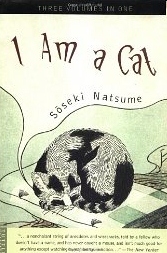 I have been reading a book, I Am a Cat, by Soseki Natsume. In translation, of course – I can’t read Japanese – I can barely remember my kana.
I have been reading a book, I Am a Cat, by Soseki Natsume. In translation, of course – I can’t read Japanese – I can barely remember my kana.
I came across a passage that featured the word rhodomontade, which I had never seen before.
Blacky [another cat], like all true braggarts, is somewhat weak in the head. As long as you purr and listen attentively, pretending to be impressed by his rhodomontade, he is a more or less manageable cat.
I had no idea what rhodomontade meant. I looked it up, and lo and behold, it’s from Ariosto’s Orlando Furioso (and the antecedant Orlando Innamorato by Boiardo). I supposedly read this work as part of my master’s degree program, and though I could talk about its cultural impact, I suspect I never really made it through the text – my ability in 16th century century Italian wasn’t the best, either – much less now.
When a translation features such an obscure word, it’s an indication of either a poor quality translation or a masterful one. Based on my progress so far through Aiko Ito and Graeme Wilson’s translation of Natsume’s novel (original 吾輩は猫である [Wagahai wa neko de aru]), I’m inclined to believe the latter. It’s an interesting picture of Meiji-era Japan – a period which has always fascinated me in any event.
Or l’alta fantasia, ch’un sentier solo non vuol ch’i’segua ognor, quindi mi guida, e mi ritorna ove il moresco stuolo assorda di rumor Francia e di grida, d’intorno il padiglione ove il figliuolo del re Troiano il santo Impero sfida, e Rodomonte audace se gli vanta arder Parigi e spianar Roma santa. – Orlando Furioso, Canto LXV.
Caveat: 자라 보고 놀란 가슴 솥뚜껑 보고 놀란다
자라 보고 놀란 가슴 솥뚜껑 보고 놀란다
turtle see-AND surprise-PRESPART heart kettle-lid see-AND surprises
A heart that is surprised by a turtle is surprised by a kettle lid.
“Once bitten, twice shy.” I could never have deduced this proverb’s English equivalent without the online translation being provided – I didn’t get the syntax, especially the fact that in this case the present participle ending on the first serial verb (“see and be surprised”) is doing duty as a relative clausifier – which is allowed of course.
Caveat: This Land Is Mine
Finally, I have come across a comprehensive yet brief synopsis of the last 5000 years in Palestine/Israel/Levant that really contextualizes the current conflict in historical terms.
This Land Is Mine from Nina Paley on Vimeo. A brief history of the land called Israel/Palestine/Canaan/the Levant.
Who’s-killing-who viewer’s guide here: https://blog.ninapaley.com/2012/10/01/this-land-is-mine/
It all underscores the essential inhumanity that lies behind all nationalisms and especially the cultural fantasies that fall under the rubric of revanchism.

